Steven Pinker
description: Canadian-American cognitive psychologist, linguist, and author, an advocate of evolutionary psychology and the computational theory of the mind
309 results
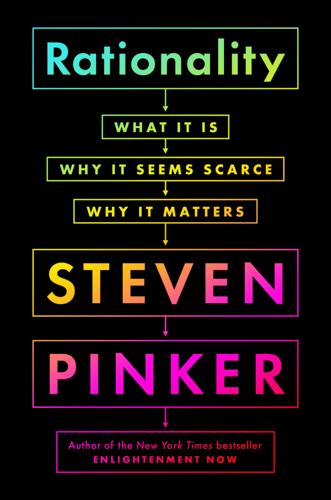
Rationality: What It Is, Why It Seems Scarce, Why It Matters
by Steven Pinker · 14 Oct 2021 · 533pp · 125,495 words
The Stuff of Thought The Better Angels of Our Nature Language, Cognition, and Human Nature: Selected Articles The Sense of Style Enlightenment Now EDITED BY STEVEN PINKER Visual Cognition Connections and Symbols (with Jacques Mehler) Lexical and Conceptual Semantics (with Beth Levin) The Best American Science and Nature Writing 2004 VIKING An
…
imprint of Penguin Random House LLC penguinrandomhouse.com Copyright © 2021 by Steven Pinker Penguin supports copyright. Copyright fuels creativity, encourages diverse voices, promotes free speech, and creates a vibrant culture. Thank you for buying an authorized edition of
…
Subbiah library of congress cataloging-in-publication data Names: Pinker, Steven, 1954– author. Title: Rationality : what it is, why it seems scarce, why it matters / Steven Pinker. Description: 1st Edition. | New York : Viking, 2021. | Includes bibliographical references and index. Identifiers: LCCN 2021003592 (print) | LCCN 2021003593 (ebook) | ISBN 9780525561996 (hardcover) | ISBN 9780525562009 (ebook
…
, Oct. 24. http://opinionator.blogs.nytimes.com/2012/10/24/why-are-states-so-red-and-blue/?_r=0. Pinker, S. 2015. Rock star psychologist Steven Pinker explains why #thedress looked white, not blue. Forbes, Feb. 28. https://www.forbes.com/sites/matthewherper/2015/02/28/psychologist-and-author-stephen-pinker-explains
…
E F G H I J K L M N O P Q R S T U V W X Y Z ABOUT THE AUTHOR Steven Pinker is the Johnstone Professor of Psychology at Harvard University. A two-time Pulitzer Prize finalist and the winner of many awards for his research, teaching
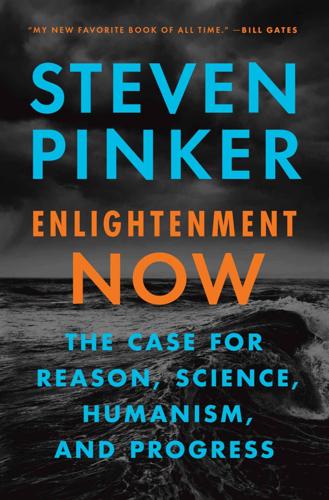
Enlightenment Now: The Case for Reason, Science, Humanism, and Progress
by Steven Pinker · 13 Feb 2018 · 1,034pp · 241,773 words
Blank Slate The Stuff of Thought The Better Angels of Our Nature Language, Cognition, and Human Nature: Selected Articles The Sense of Style EDITED BY STEVEN PINKER Visual Cognition Connections and Symbols (with Jacques Mehler) Lexical and Conceptual Semantics (with Beth Levin) The Best American Science and Nature Writing 2004 VIKING An
…
imprint of Penguin Random House LLC 375 Hudson Street New York, New York 10014 penguin.com Copyright © 2018 by Steven Pinker Penguin supports copyright. Copyright fuels creativity, encourages diverse voices, promotes free speech, and creates a vibrant culture. Thank you for buying an authorized edition of
…
rest of humankind. —Baruch Spinoza Everything that is not forbidden by laws of nature is achievable, given the right knowledge. —David Deutsch CONTENTS ALSO BY STEVEN PINKER TITLE PAGE COPYRIGHT DEDICATION EPIGRAPH LIST OF FIGURES PREFACE PART I: ENLIGHTENMENT CHAPTER 1. DARE TO UNDERSTAND! CHAPTER 2. ENTRO, EVO, INFO CHAPTER 3. COUNTER
…
. CHAPTER 13: TERRORISM 1. Fear of terrorism: Jones et al. 2016a; see also chapter 4, note 14. 2. Western Europe as war zone: J. Gray, “Steven Pinker Is Wrong About Violence and War,” The Guardian, March 13, 2015; see also S. Pinker, “Guess What? More People Are Living in Peace Now. Just
…
/getting-acquainted/item/13184-the-evolutionary-psychology-of-religion. Pinker, S. 2006. Preface to “What is your dangerous idea?” Edge. https://www.edge.org/conversation/steven_pinker-preface-to-dangerous-ideas. Pinker, S. 2007a. The stuff of thought: Language as a window into human nature. New York: Penguin. Pinker, S. 2007b. Toward
…
angels of our nature: Why violence has declined. New York: Penguin. Pinker, S. 2012. The false allure of group selection. Edge. http://edge.org/conversation/steven_pinker-the-false-allure-of-group-selection. Pinker, S. 2013a. George A. Miller (1920–2012). American Psychologist, 68, 467–68. Pinker, S. 2013b. Science is not
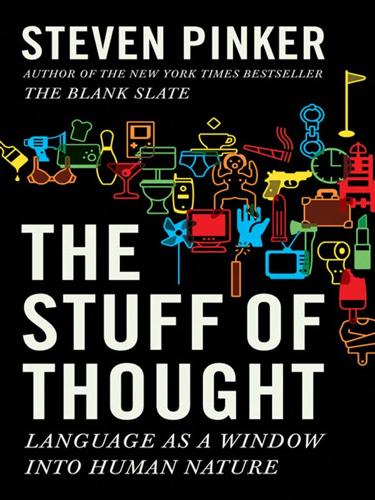
The Stuff of Thought: Language as a Window Into Human Nature
by Steven Pinker · 10 Sep 2007 · 698pp · 198,203 words
CAN’T SAY ON TELEVISION Chapter 8 - GAMES PEOPLE PLAY Chapter 9 - ESCAPING THE CAVE NOTES REFERENCES INDEX Praise for The Stuff of Thought by Steven Pinker “Pinker brings an engaging and witty style to the study of subject matter that—were it not as important to us as it is complex
…
window into the deepest functioning of the human brain.” —Josie Glausiusz, Wired “A perceptive, amusing and intelligent book.” —Douglas Johnstone, The Times (London) “This is Steven Pinker at his best—theoretical insight combined with clear illustration and elegant research summary, presented throughout with an endearing wit and linguistic creativity which has become
…
may not sound especially enticing, but with Pinker as your guide, pondering what the meaning of ‘is’ is can be mesmerizing.” —Details ABOUT THE AUTHOR Steven Pinker is the Johnstone Family Professor of Psychology and Harvard College Professor at Harvard University. He is the author of seven books, including The Language Instinct
…
First published in the United States of America by Viking Penguin, a member of Penguin Group (USA) Inc. 2007 Published in Penguin Books 2008 Copyright © Steven Pinker, 2007 All rights reserved Grateful acknowledgment is made for permission to reprint excerpts from the following copyrighted works: “This Be the Verse” from Collected Poems
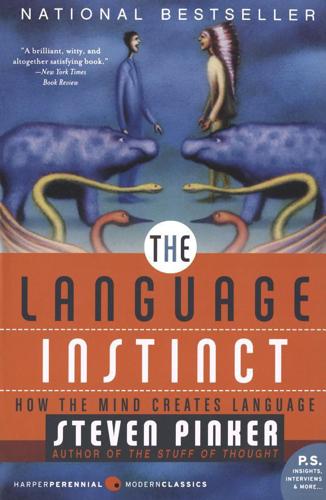
The Language Instinct: How the Mind Creates Language
by Steven Pinker · 1 Jan 1994 · 661pp · 187,613 words
Steven Pinker The Language Instinct How the Mind Creates Language for Harry and Roslyn Pinker who gave me language Contents Preface 1. An Instinct to Acquire an
…
Bang 12. The Language Mavens 13. Mind Design Notes References Glossary Searchable Terms P.S. Insights, Interviews & More… About the Author Praise Other Books by Steven Pinker Credits Copyright About the Publisher Preface I have never met a person who is not interested in language. I wrote this book to try to
…
American Association for the Advancement of Science. Are you ready? Genetic biologists have identified the grammar gene. Yes! It appears from a news account that Steven Pinker of MIT and Myrna Gopnik of McGill University have solved a puzzle that has baffled teachers of English for years. Some pupils master grammar with
…
, PS14 Yiddish, 56, 170, 253, 263, 378 Yourcenar, M., 135 Yngve, V, 457 Zurif, E., 321 P.S. Insights, Interviews & More… About the author Meet Steven Pinker About the book On Writing The Language Instinct Frequently Asked Questions The Language Instinct Today Read on Author’s Picks: Suggested Reading Have You Read
…
? More by Steven Pinker Notes to P.S. Material References to P.S. Material About the author Meet Steven Pinker © 2005 by Rebecca Goldstein THE LANGUAGE INSTINCT is dedicated to my parents, “who gave me language”; the ambiguity
…
its political, moral, and emotional colorings. Read on Author’s Picks Suggested Reading If you liked The Language Instinct, I think you’ll like these… Steven Pinker, How the Mind Works (1997), Words and Rules (1999), The Blank Slate (2002), The Best American Science and Nature Writing (2004), and The Stuff of
…
: The Story and Science of the Reading Brain (2007). Last-minute addition: another excellent book on the science of reading. Have You Read? More by Steven Pinker WORDS AND RULES: THE INGREDIENTS OF LANGUAGE How does language work, and how do we learn to speak? Why do languages change over time, and
…
this original and totally entertaining book, written in the same engaging style that illuminated his bestselling classics, The Language Instinct and How the Mind Works, Steven Pinker explores the profound mysteries of language. By picking a deceptively simple phenomenon—regular and irregular verbs—Pinker connects an astonishing array of topics in the
…
(5469): 1156–59. Don’t miss the next book by your favorite author. About the Author The Johnstone Family Professor of Psychology at Harvard University, STEVEN PINKER has been named one of Time magazine’s “Hundred Most Important People in the World Today,” and has been awarded numerous prizes for his research
…
Republic, and the New York Times. Visit www.AuthorTracker.com for exclusive information on your favorite HarperCollins authors. MORE PRAISE FOR The Language Instinct “Reading Steven Pinker’s book is one of the biggest favors I’ve ever done my brain. It is the sort of writing that any genuine expert on
…
Instinct vibrates with delicious asides and poignant discoveries…. Words can hardly do justice to the superlative range and liveliness of Pinker’s investigations.” —The Independent “Steven Pinker is, I think, engagingly wrong in some of his conclusions, but the operative word here is engagingly. He reminds us of the pleasures of reading
…
, and clear. The book is to Chomsky as Shakespeare is to Spenser.” —The Economist “[A] marvelously readable book about language, written by a real expert. Steven Pinker tackles with wit and erudition the kinds of question everyone asks…. [He] brings not only an expertise in linguistics and psychology and a wide knowledge
…
and language. Highly recommended.” —Booklist “Run, don’t walk, to your local bookstore and buy The Language Instinct. In a dazzling, informative, and funny book, Steven Pinker brings you into the wonderful world of language. He spares the reader the mumbo jumbo of linguistics and directs your attention to an unalterable truth
…
popularization of Noam Chomsky’s linguistics ever written.” —Toronto Globe and Mail “Pinker writes clearly and engagingly about the most difficult matters.” —American Airlines Way “Steven Pinker has made several landmark contributions to cognitive science in the past, and his latest book The Language Instinct constitutes yet another one. [It is] written
…
to transform technical stuff into a fun and informative read…. But don’t be fooled by the entertainment: Pinker is dead serious about language.” —Kinesis “Steven Pinker, one of the leading linguistic researchers in the world, skillfully defends a provocative thesis about the biological bases of language and in the process provides
…
the modern science of language…. It is a joy to witness, at last, the prommise of linguistics fulfilled.” —London Review of Books OTHER BOOKS BY STEVEN PINKER The Stuff of Thought: Language and Human Nature The Blank Slate: The Modern Denial of Human Nature Words and Rules: The Ingredients of Language How
…
book was originally published in 1994 by William Morrow and Company. P.S.™ is a trademark of HarperCollins Publishers. THE LANGUAGE INSTINCT. Copyright © 1994 by Steven Pinker. All rights reserved under International and Pan-American Copyright Conventions. By payment of the required fees, you have been granted the nonexclusive, nontransferable right to
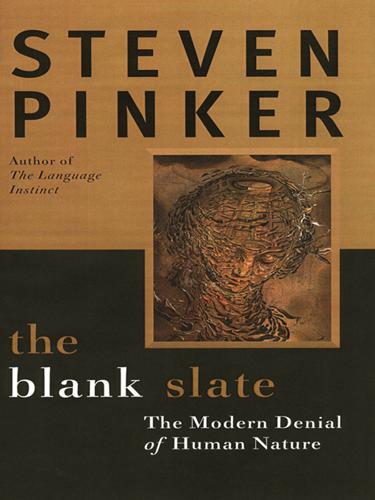
The Blank Slate: The Modern Denial of Human Nature
by Steven Pinker · 1 Jan 2002 · 901pp · 234,905 words
PENGUIN BOOKS THE BLANK SLATE Steven Pinker is Johnstone Professor of Psychology at Harvard University. His research on visual cognition and the psychology of language has earned prizes from the National Academy
…
nothing else like it, and it is going to have an impact that extends well beyond the scientific academy.” —Paul Bloom, Trends in Cognitive Sciences “Steven Pinker has written an extremely good book—clear, well argued, fair, learned, tough, witty, humane, stimulating. I only hope that people study it carefully before rising
…
see that the idea of an innately flawed but wonderfully rich human nature is a force for good, not evil.” —Colin McGinn, The Washington Post “Steven Pinker is a man of encyclopedic knowledge and an incisive style of argument. His argument in The Blank Slate is that intellectual life in the West
…
like being burgled. You’re shocked, your things are gone, but you can’t help thinking about how you’re going to replace them. What Steven Pinker has done is break into our common human home and steal our illusions.” —John Morrish, The Independent “As a brightly lighted path between what we
…
. When Pinker starts describing it, the reader will surely recognize it.” —Bruce Ramsey, The Seattle Times THE BLANK SLATE The Modern Denial of Human Nature Steven Pinker PENGUIN BOOKS To Don, Judy, Leda, and John PENGUIN BOOKS Published by the Penguin Group Penguin Group (USA) Inc., 375 Hudson Street, New York, New
…
, England First published in the United States of America by Viking Penguin, a member of Penguin Putnam Inc. 2002 Published in Penguin Books 2003 Copyright © Steven Pinker, 2002 All rights reserved Grateful acknowledgment is made for permission to reprint the following copyrighted material. Page 22: Lyrics from “A Simple Desultory Philippic (or
…
by permission. THE LIBRARY OF CONGRESS HAS CATALOGUED THE HARDCOVER EDITION AS FOLLOWS: Pinker, Steven, 1954– The blank slate: the modern denial of human nature / Steven Pinker. p. cm. Includes bibliographical references (p. ) and index. ISBN: 978-1-1012-0032-2 1. Nature and nurture. I. Title. BF341.P47 2002 155.2
…
, “The end of nature and the next man” (Review of F. Fukuyama’s The great disruption), Weekly Standard, June 28, 1999. 40.A. Ferguson, “How Steven Pinker’s mind works” (Review of S. Pinker’s How the mind works), Weekly Standard, January 12, 1998. 41.T. Wolfe, “Sorry, but your soul just
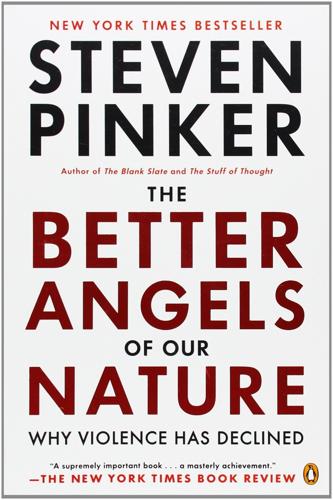
The Better Angels of Our Nature: Why Violence Has Declined
by Steven Pinker · 24 Sep 2012 · 1,351pp · 385,579 words
PEACE Chapter 7 - THE RIGHTS REVOLUTIONS Chapter 8 - INNER DEMONS Chapter 9 - BETTER ANGELS Chapter 10 - ON ANGELS’ WINGS NOTES REFERENCES INDEX ALSO BY STEVEN PINKER ALSO BY STEVEN PINKER Language Learnability and Language Development Learnability and Cognition The Language Instinct How the Mind Works Words and Rules The Blank Slate The Stuff of
…
Thought EDITED BY STEVEN PINKER Visual Cognition Connections and Symbols (with Jacques Mehler) Lexical and Conceptual Semantics (with Beth Levin) The Best American Science and Nature Writing 2004 VIKING Published
…
Books Ltd, Registered Offices: 80 Strand, London WC2R oRL, England First published in 2011 by Viking Penguin, a member of Penguin Group (USA) Inc. Copyright © Steven Pinker, 2011 All rights reserved Excerpts from “MLF Lullaby,” “Who’s Next?,” and “In Old Mexico” by Tom Lehrer. Excerpt from “It Depends on What You
…
by Alkatraz Corner Music Co. LIBRARY OF CONGRES CATALOGING -IN-PUBLICATION DATA Pinker, Steven, 1954– The better angels of our nature: why violence has declined / Steven Pinker. p. cm. Includes bibliographical references and index. ISBN : 978-1-101-54464-8 1. Violence—Psychological aspects. 2. Violence—Social aspects. 3. Nonviolence—Psychological aspects
…
by Yugoslavia Zacher, Mark Zambia Zebrowitz, Leslie Zelizer, Viviana zero-sum games Zimbardo, Philip Zimring, Franklin Zipf, G. K. Źiźek, Slavoj Zola, Émile ALSO BY STEVEN PINKER Language Learnability and Language Development Learnability and Cognition The Language Instinct How the Mind Works Words and Rules The Blank Slate The Stuff of Thought
…
EDITED BY STEVEN PINKER Visual Cognition Connections and Symbols (with Jacques Mehler) Lexical and Conceptual Semantics (with Beth Levin) The Best American Science and Nature Writing 2004 Table of
…
NEW PEACE Chapter 7 - THE RIGHTS REVOLUTIONS Chapter 8 - INNER DEMONS Chapter 9 - BETTER ANGELS Chapter 10 - ON ANGELS’ WINGS NOTES REFERENCES INDEX ALSO BY STEVEN PINKER Table of Contents Title Page Copyright Page Dedication Epigraph Preface Chapter 1 - A FOREIGN COUNTRY Chapter 2 - THE PACIFICATION PROCESS Chapter 3 - THE CIVILIZING PROCESS
…
NEW PEACE Chapter 7 - THE RIGHTS REVOLUTIONS Chapter 8 - INNER DEMONS Chapter 9 - BETTER ANGELS Chapter 10 - ON ANGELS’ WINGS NOTES REFERENCES INDEX ALSO BY STEVEN PINKER
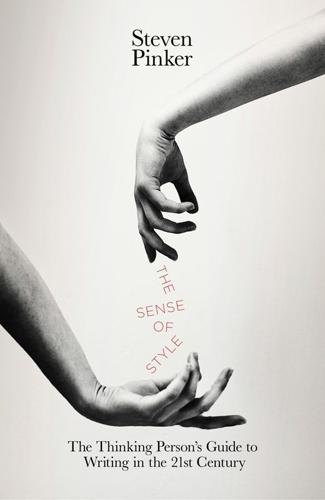
The Sense of Style: The Thinking Person's Guide to Writing in the 21st Century
by Steven Pinker · 1 Jan 2014 · 477pp · 106,069 words
Words and Rules The Blank Slate The Stuff of Thought The Better Angels of Our Nature Language, Cognition, and Human Nature: Selected Articles EDITED BY STEVEN PINKER Visual Cognition Connections and Symbols (with Jacques Mehler) Lexical and Conceptual Semantics (with Beth Levin) The Best American Science and Nature Writing 2004 To Susan
…
United States of America by Viking Penguin, a member of Penguin Group (USA) LLC 2014 First published in Great Britain by Allen Lane 2014 Copyright © Steven Pinker, 2014 Illustration credits Page 52: MacNelly editorial, © Jeff MacNelly – distributed by King Features 57: CartoonStock 61: James Stevenson/The New Yorker Collection/www.cartoonbank.com
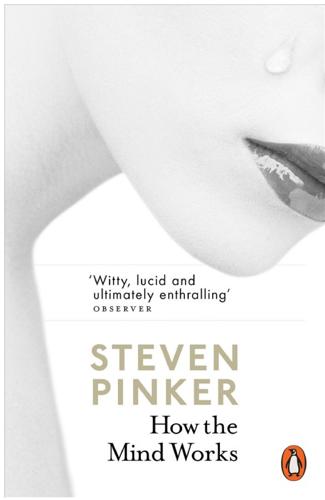
How the Mind Works
by Steven Pinker · 1 Jan 1997 · 913pp · 265,787 words
‘The humour, breadth and clarity of thought … make this work essential reading for anyone curious about the human mind’ Raymond Dolan, Observer ABOUT THE AUTHOR Steven Pinker, a native of Montreal, studied experimental psychology at McGill University and Harvard University. After serving on the faculties of Harvard and Stanford universities he moved
…
Angeles Times. He is the author of The Language Instinct, available in Penguin, and Words and Rules: The Ingredients of Language. HOW THE MIND WORKS Steven Pinker PENGUIN BOOKS PENGUIN BOOKS Published by the Penguin Group Penguin Books Ltd, 80 Strand, London WC2R 0RL, England Penguin Putnam Inc., 375 Hudson Street, New
…
biological kin can drive a lifelong quest. (Entrepreneurs hope to exploit this motive when they send out those computer-generated postcards that offer to trace Steven Pinker’s ancestors and find the Pinker family seal and coat of arms.) Of course, people ordinarily do not test each other’s DNA; they assess
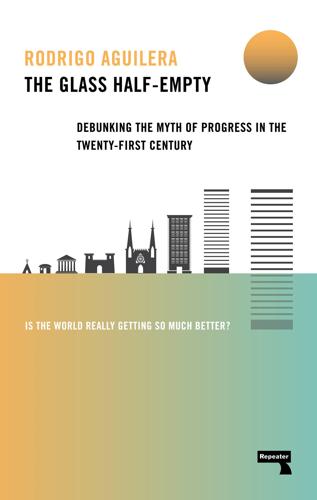
The Glass Half-Empty: Debunking the Myth of Progress in the Twenty-First Century
by Rodrigo Aguilera · 10 Mar 2020 · 356pp · 106,161 words
Future Epilogue: Winds of Change A Note on Data Sources Notes Acknowledgements To my mother and aunt “We don’t throw virgins into volcanoes anymore.” — Steven Pinker INTRO: A NEW SECULAR RELIGION A Necessary Inquiry If one could think of the worst possible year to write a book that was critical of
…
savannah — but now, in a media-saturated era, constantly mislead us.4 By far the most famous of this cohort is the Canadian cognitive psychologist Steven Pinker, whose 2011 bestseller The Better Angels of Our Nature served as a catalyst for these ideas to reach a wider audience. In this eight-hundred
…
to suggest that our dissatisfaction with progress is precisely because we’re too afraid to see the glass half empty. The perennially optimistic Canadian psychologist Steven Pinker writes that “as we care about more of humanity, we’re apt to mistake the harms around us for signs of how low the world
…
Optimism under one roof: the aptly named humanprogress.org. Pieces from this website have been shared liberally on the Twitter accounts of New Optimists like Steven Pinker and his followers, notwithstanding the site’s rather simplistic and poorly-written style as well as its comical plea to subscribe and “get optimistic news
…
Hitler and Stalin (Vintage Books, 2011), pg. 160 54 Pinker, S., Enlightenment Now, ch. 22. 55 Pinker, S., Enlightenment Now, pg. 408. 56 Gray J., “Steven Pinker is Wrong About Violence and War”, Guardian, 13 Mar. 2015, https://www.theguardian.com/books/2015/mar/13/john-gray
…
-steven-pinker-wrong-violence-war-declining 57 Burke, M., Hsiang, S.M., and Miguel, E., “Global Non-linear Effect of Temperature on Economic Production”, Nature, 527, 12
…
://www.edge.org/event/the-science-of-gender-and-science-pinker-vs-spelke-a-debate 18 “Steven Pinker at Davos: excessive political correctness feeds radical ideas”, Big Think, 31 Jan. 2018, https://bigthink.com/paul-ratner/steven-pinker-excessive-political-correctness-feeds-dangerous-ideas 19 Pinker, S., “Featured Reader”, Arts and Letters Daily, 26
…
Dec. 2014, https://www.aldaily.com/featured-reader/steven-pinker-2014-12-26/ 20 Szalai, J., “Steven Pinker Wants You to Know Humanity Is Doing Fine. Just Don’t Ask About Individual Humans”, New York Times, 28 Feb. 2018, https
…
://www.nytimes.com/2018/02/28/books/review-enlightenment-now-steven-pinker.html 21 Pinker, S. The Blank Slate: The Modern Denial of Human Nature,(Penguin, 2002), pp. 121, 371 22 Pinker, S. The Blank Slate, pg
…
, 25 May 2017, https://www.nytimes.com/2017/05/25/technology/zuckerberg-harvard-commencement-road-trip.html 37 “Steven Pinker on Genetically Re-engineering Human Nature”, The Nexus Institute, 2016, http://opentranscripts.org/transcript/steven-pinker-genetically-reengineering-human-nature/ 38 Norberg, J., Progress, pg. 124 39 Ridley, M., The Rational Optimist, pg. 346
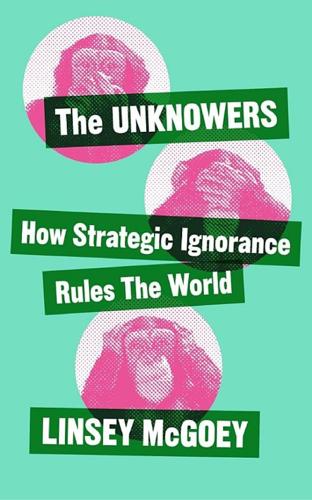
The Unknowers: How Strategic Ignorance Rules the World
by Linsey McGoey · 14 Sep 2019
is neglected in mainstream economic theory today. Today is a good time to re-examine Smith’s attitude to profiteering among business merchants. Harvard psychologist Steven Pinker, in his recent bestseller Enlightenment Now, also turns to the late 18th century, but I argue that he gets Adam Smith wrong, and also that
…
of any better framing I’ve seen, I label the Bannon–Pinker conundrum – after two figures who have amassed widespread public followings for different reasons: Steven Pinker and Breitbart mastermind Stephen Bannon. THE BANNON–PINKER CONUNDRUM Bannon is at the forefront of propagandist efforts to demonize what he calls a ‘globalist’ conspiracy
…
nation states and what he sees as a superior Judeo-Christian world outlook. His anti-foreigner views are deservedly condemned by centrist political thinkers including Steven Pinker, who has criticized Bannon’s ideas. But the Pinker–Bannon conundrum is this: although Pinker disavows racism, he also tends to imply that any criticism
…
seen as the patron saint of the belief that economic self-interest will lead naturally to positive economic growth for all members of a community. Steven Pinker and others call this the ‘positive-sum’ or ‘shared prosperity’ thesis and they attribute it to Smith. The reality is different. It is true that
…
to swing back to a problem first raised by Smith: to the problem of rent-seeking and corporate impunity. SHARED PROSPERITY? Some intellectuals today, including Steven Pinker, continue to ignore this pendulum shift. Echoing Mankiw, Pinker insists in his recent bestseller, Enlightenment Now, that wealth inequality is irrelevant to both societal and
…
interests fairly. A balanced, pragmatic approach to inevitable economic conflicts is very different from the attitude today, when people seem polarized by a Pollyannish attitude (Steven Pinker: globalization had made everything better) and a Hobbesian one (Stephen Bannon: globalization has made everything worse). These chapters explore a plausible ‘ignorance pathway’ for understanding
…
oil’ (CNN, April 13); see also N. Ahmed, 2014. ‘Iraq invasion was about oil’ (The Guardian, March 20). 16 I. Goldin, 2018. ‘The limitations of Steven Pinker’s optimism’ (Nature, February 16). 17 L. Elliot, 2016. ‘The World Bank and the IMF won’t admit their policies are the problem’ (The Guardian
…
Development Finance (Cambridge: Cambridge University Press, 2014). 19 Albert Hirschman, The Rhetoric of Reaction: Perversity, Futility, Jeopardy (Cambridge, MA: Harvard University Press, 1991). 20 See Steven Pinker, Enlightenment Now: The Case for Reason, Science, Humanism and Progress (New York: Penguin, 2018), 63, for Pinker’s discussion of the ‘sin of ingratitude,’ and
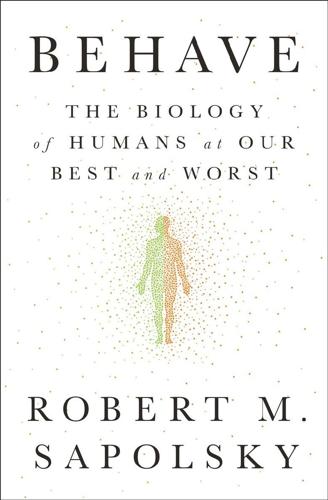
Behave: The Biology of Humans at Our Best and Worst
by Robert M. Sapolsky · 1 May 2017 · 1,261pp · 294,715 words
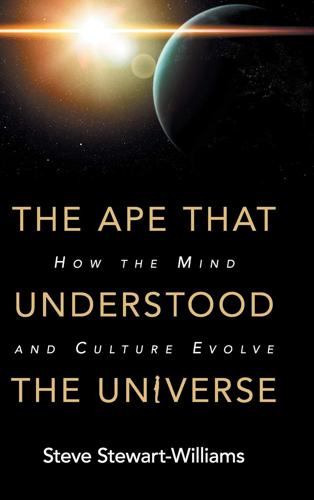
The Ape That Understood the Universe: How the Mind and Culture Evolve
by Steve Stewart-Williams · 12 Sep 2018 · 1,132pp · 156,379 words
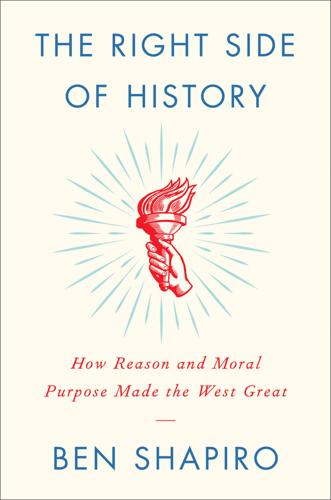
The Right Side of History
by Ben Shapiro · 11 Feb 2019 · 270pp · 71,659 words
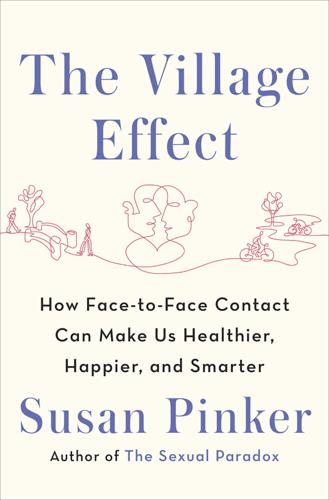
The Village Effect: How Face-To-Face Contact Can Make Us Healthier, Happier, and Smarter
by Susan Pinker · 30 Sep 2013 · 404pp · 124,705 words
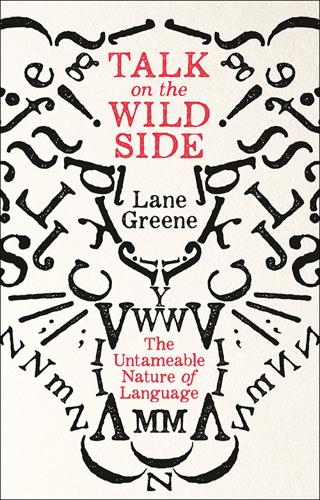
Talk on the Wild Side
by Lane Greene · 15 Dec 2018 · 284pp · 84,169 words
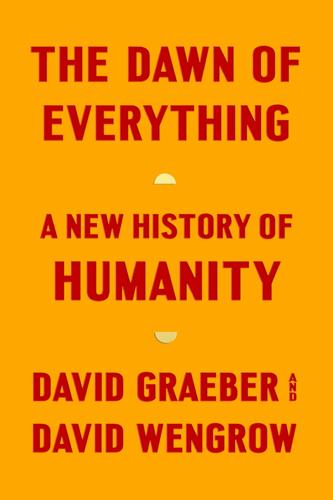
The Dawn of Everything: A New History of Humanity
by David Graeber and David Wengrow · 18 Oct 2021
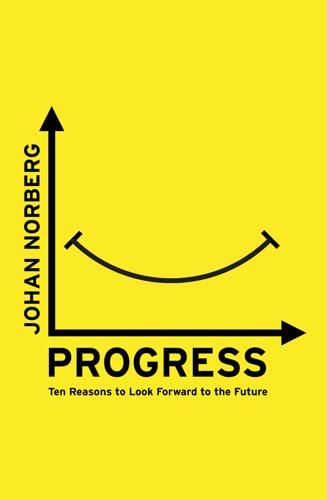
Progress: Ten Reasons to Look Forward to the Future
by Johan Norberg · 31 Aug 2016 · 262pp · 66,800 words
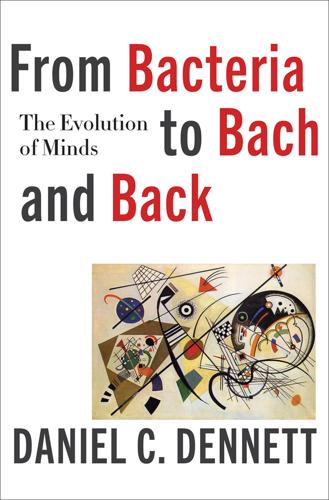
From Bacteria to Bach and Back: The Evolution of Minds
by Daniel C. Dennett · 7 Feb 2017 · 573pp · 157,767 words
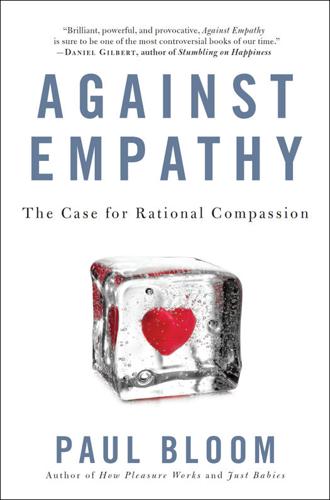
Against Empathy: The Case for Rational Compassion
by Paul Bloom · 281pp · 79,464 words
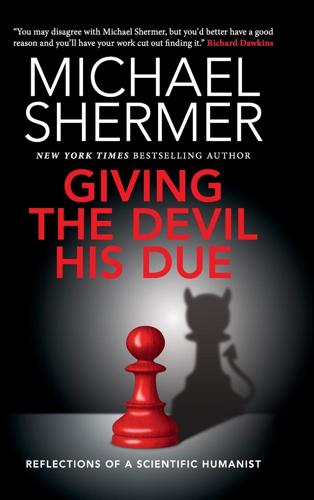
Giving the Devil His Due: Reflections of a Scientific Humanist
by Michael Shermer · 8 Apr 2020 · 677pp · 121,255 words
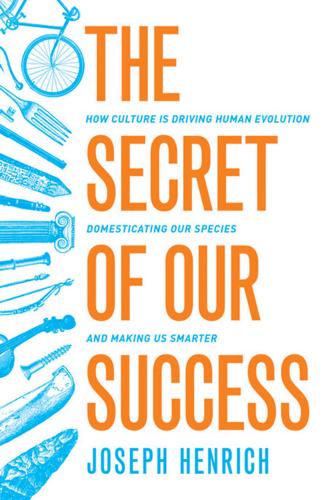
The Secret of Our Success: How Culture Is Driving Human Evolution, Domesticating Our Species, and Making Us Smarter
by Joseph Henrich · 27 Oct 2015 · 631pp · 177,227 words
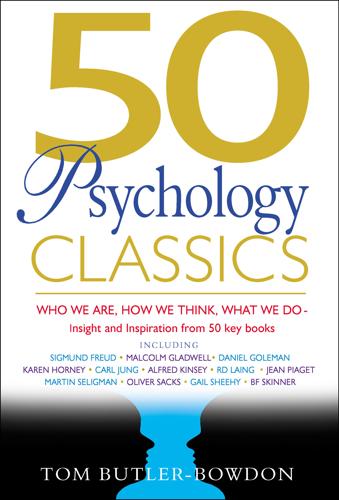
50 Psychology Classics
by Tom Butler-Bowdon · 14 Oct 2007 · 363pp · 109,374 words
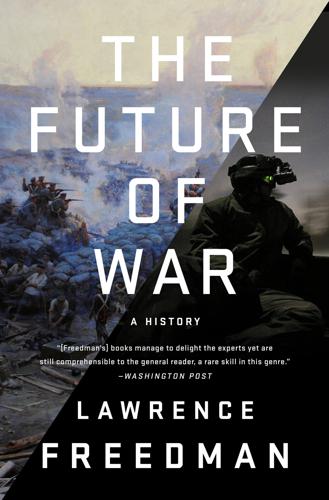
The Future of War
by Lawrence Freedman · 9 Oct 2017 · 592pp · 161,798 words
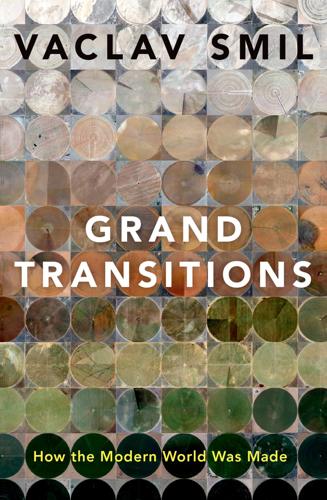
Grand Transitions: How the Modern World Was Made
by Vaclav Smil · 2 Mar 2021 · 1,324pp · 159,290 words

The Singularity Is Nearer: When We Merge with AI
by Ray Kurzweil · 25 Jun 2024
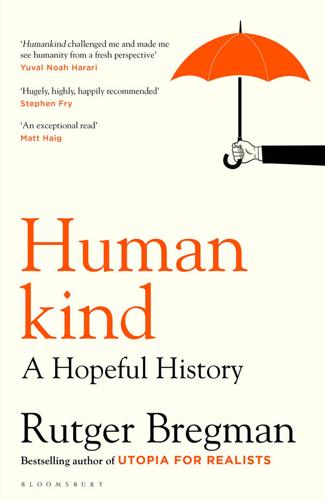
Humankind: A Hopeful History
by Rutger Bregman · 1 Jun 2020 · 578pp · 131,346 words
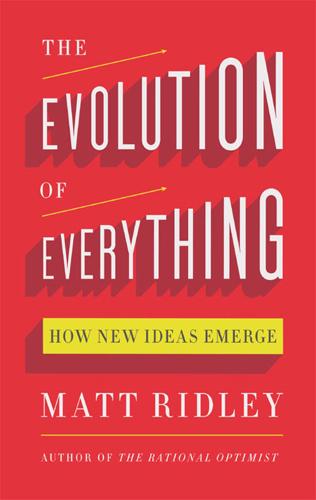
The Evolution of Everything: How New Ideas Emerge
by Matt Ridley · 395pp · 116,675 words
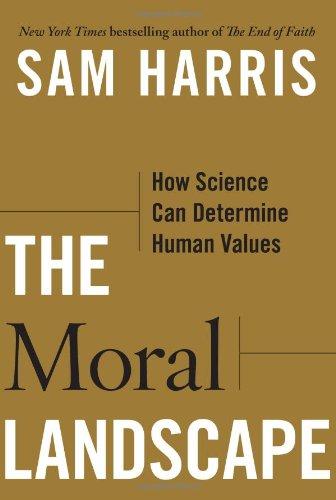
The Moral Landscape: How Science Can Determine Human Values
by Sam Harris · 5 Oct 2010 · 412pp · 115,266 words
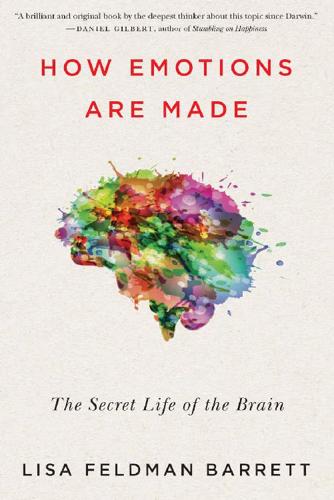
How Emotions Are Made: The New Science of the Mind and Brain
by Lisa Feldman Barrett · 6 Mar 2017
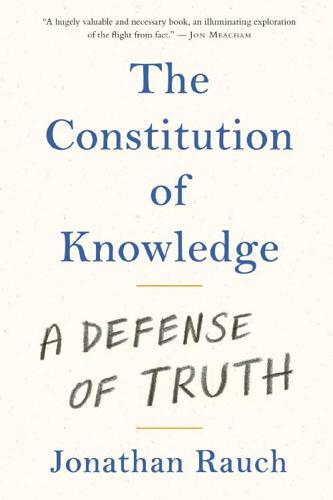
The Constitution of Knowledge: A Defense of Truth
by Jonathan Rauch · 21 Jun 2021 · 446pp · 109,157 words

Winning the War on War: The Decline of Armed Conflict Worldwide
by Joshua S. Goldstein · 15 Sep 2011 · 511pp · 148,310 words
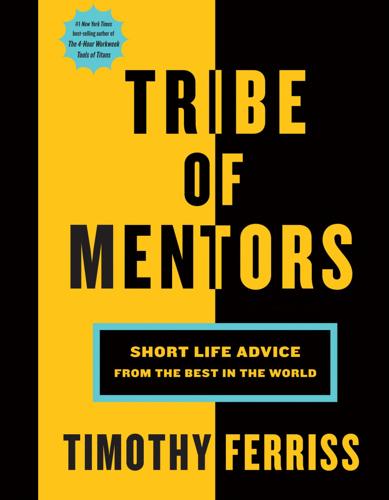
Tribe of Mentors: Short Life Advice From the Best in the World
by Timothy Ferriss · 14 Jun 2017 · 579pp · 183,063 words
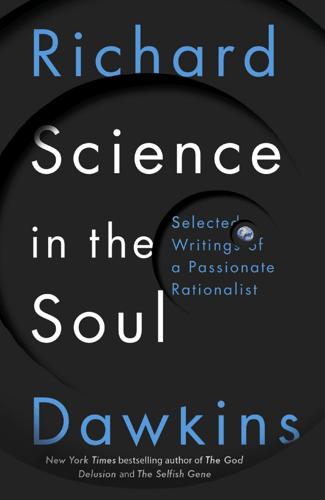
Science in the Soul: Selected Writings of a Passionate Rationalist
by Richard Dawkins · 15 Mar 2017 · 420pp · 130,714 words
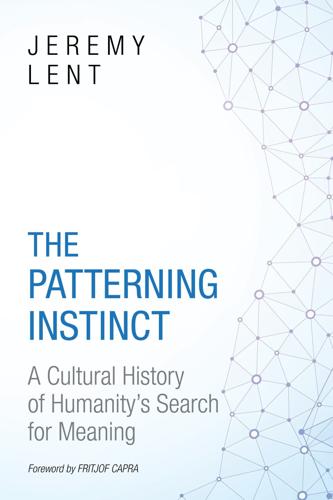
The Patterning Instinct: A Cultural History of Humanity's Search for Meaning
by Jeremy Lent · 22 May 2017 · 789pp · 207,744 words
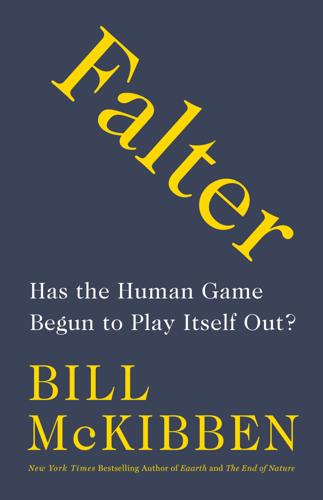
Falter: Has the Human Game Begun to Play Itself Out?
by Bill McKibben · 15 Apr 2019
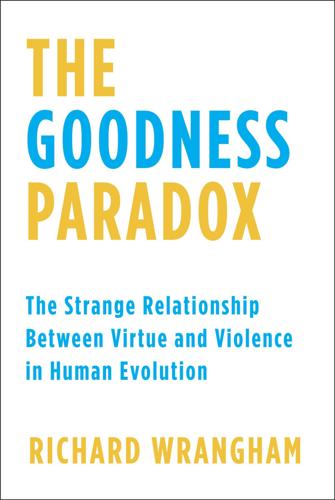
The Goodness Paradox: The Strange Relationship Between Virtue and Violence in Human Evolution
by Richard Wrangham · 29 Jan 2019 · 473pp · 130,141 words
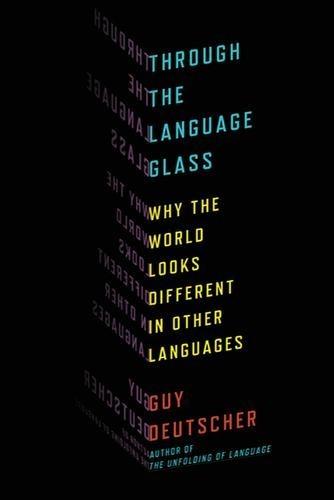
Through the Language Glass: Why the World Looks Different in Other Languages
by Guy Deutscher · 29 Aug 2010 · 347pp · 99,969 words
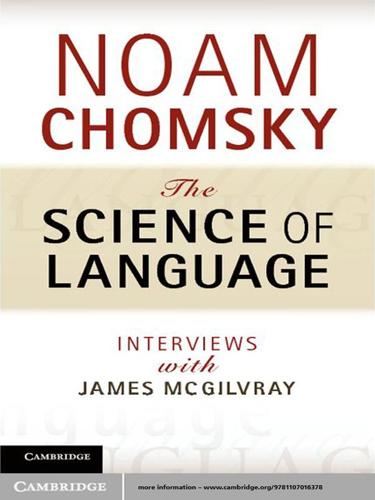
The Science of Language
by Noam Chomsky · 24 Feb 2012
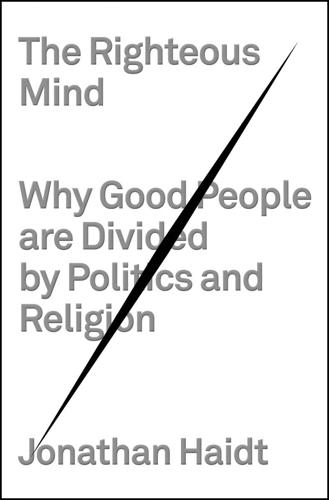
The Righteous Mind: Why Good People Are Divided by Politics and Religion
by Jonathan Haidt · 13 Mar 2012 · 539pp · 139,378 words
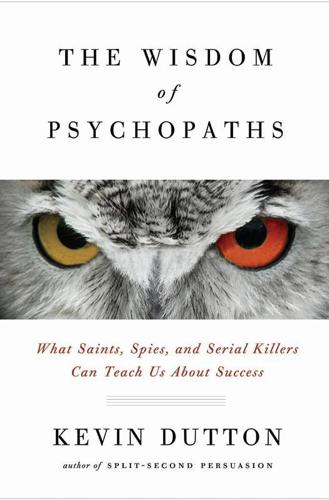
The Wisdom of Psychopaths: What Saints, Spies, and Serial Killers Can Teach Us About Success
by Kevin Dutton · 15 Oct 2012 · 280pp · 85,091 words
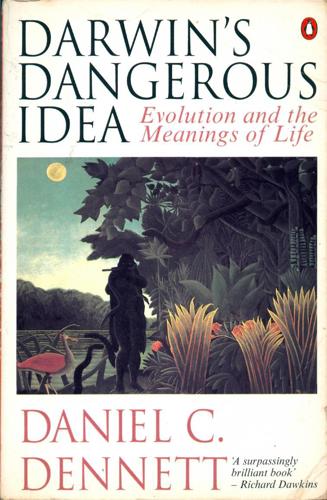
Darwin's Dangerous Idea: Evolution and the Meanings of Life
by Daniel C. Dennett · 15 Jan 1995 · 846pp · 232,630 words

A Small Farm Future: Making the Case for a Society Built Around Local Economies, Self-Provisioning, Agricultural Diversity and a Shared Earth
by Chris Smaje · 14 Aug 2020 · 375pp · 105,586 words
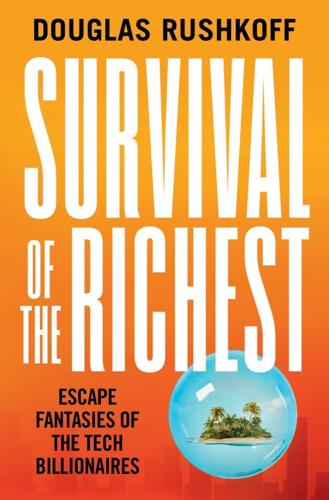
Survival of the Richest: Escape Fantasies of the Tech Billionaires
by Douglas Rushkoff · 7 Sep 2022 · 205pp · 61,903 words
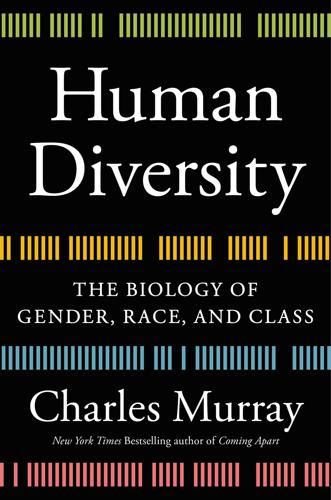
Human Diversity: The Biology of Gender, Race, and Class
by Charles Murray · 28 Jan 2020 · 741pp · 199,502 words
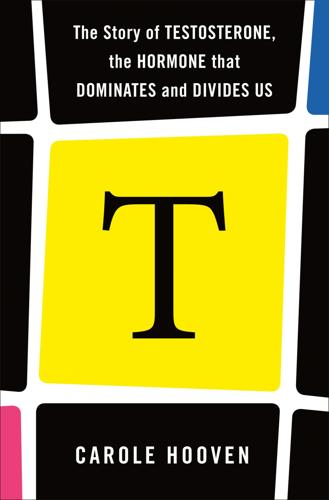
T: The Story of Testosterone, the Hormone That Dominates and Divides Us
by Carole Hooven · 12 Jul 2021 · 372pp · 117,038 words
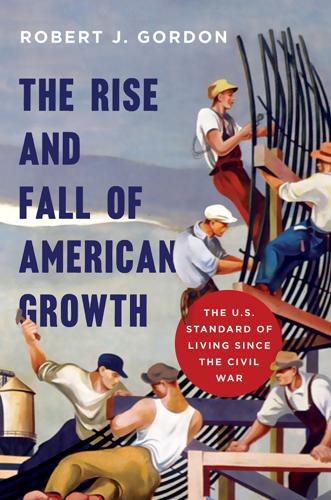
The Rise and Fall of American Growth: The U.S. Standard of Living Since the Civil War (The Princeton Economic History of the Western World)
by Robert J. Gordon · 12 Jan 2016 · 1,104pp · 302,176 words
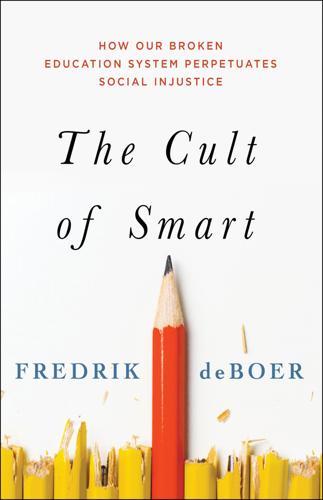
The Cult of Smart: How Our Broken Education System Perpetuates Social Injustice
by Fredrik Deboer · 3 Aug 2020 · 236pp · 77,546 words
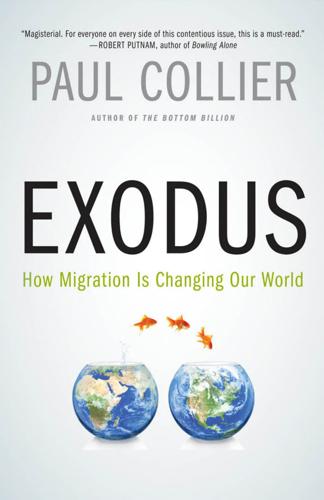
Exodus: How Migration Is Changing Our World
by Paul Collier · 30 Sep 2013 · 303pp · 83,564 words
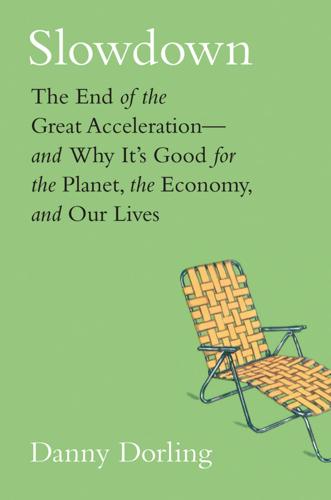
Slowdown: The End of the Great Acceleration―and Why It’s Good for the Planet, the Economy, and Our Lives
by Danny Dorling and Kirsten McClure · 18 May 2020 · 459pp · 138,689 words
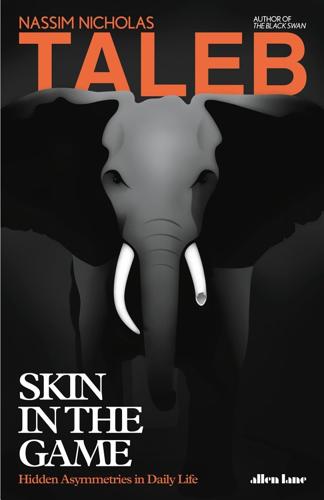
Skin in the Game: Hidden Asymmetries in Daily Life
by Nassim Nicholas Taleb · 20 Feb 2018 · 306pp · 82,765 words
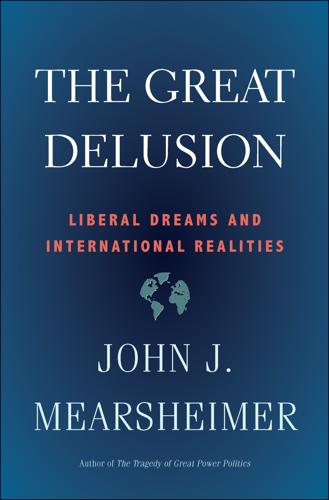
The Great Delusion: Liberal Dreams and International Realities
by John J. Mearsheimer · 24 Sep 2018 · 443pp · 125,510 words
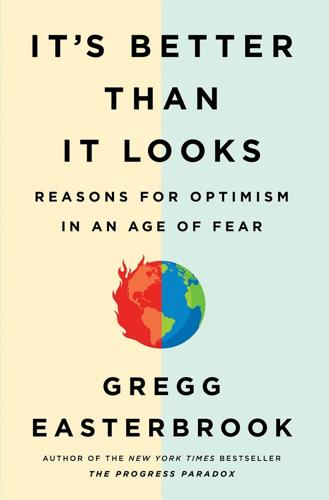
It's Better Than It Looks: Reasons for Optimism in an Age of Fear
by Gregg Easterbrook · 20 Feb 2018 · 424pp · 119,679 words
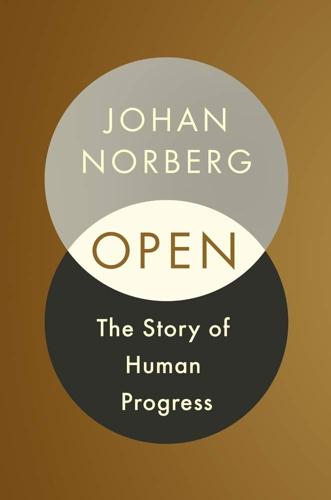
Open: The Story of Human Progress
by Johan Norberg · 14 Sep 2020 · 505pp · 138,917 words
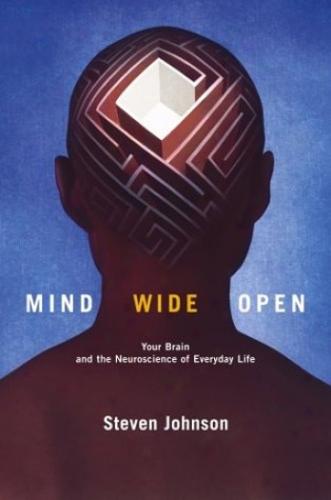
Mind Wide Open: Your Brain and the Neuroscience of Everyday Life
by Steven Johnson · 2 Jan 1999 · 294pp · 86,601 words
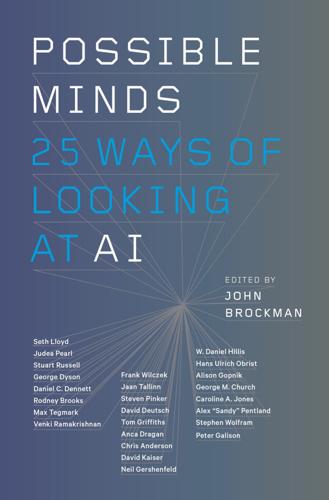
Possible Minds: Twenty-Five Ways of Looking at AI
by John Brockman · 19 Feb 2019 · 339pp · 94,769 words
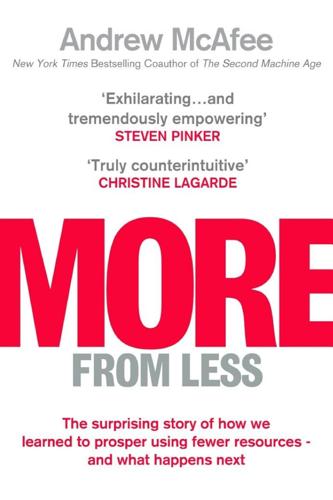
More From Less: The Surprising Story of How We Learned to Prosper Using Fewer Resources – and What Happens Next
by Andrew McAfee · 30 Sep 2019 · 372pp · 94,153 words
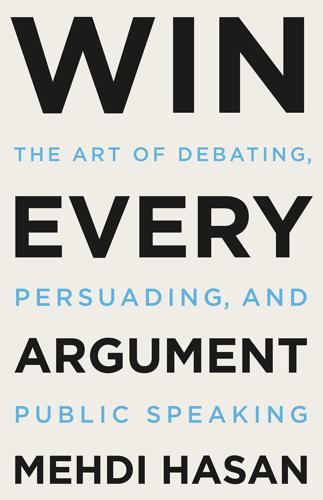
Win Every Argument: The Art of Debating, Persuading, and Public Speaking
by Mehdi Hasan · 27 Feb 2023 · 307pp · 93,073 words

San Fransicko: Why Progressives Ruin Cities
by Michael Shellenberger · 11 Oct 2021 · 572pp · 124,222 words
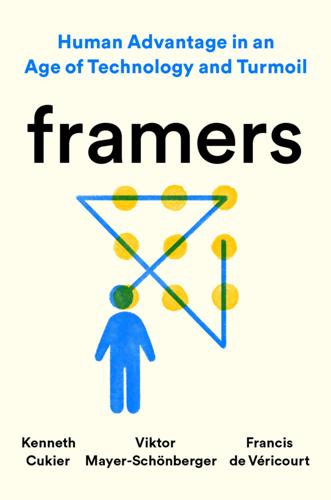
Framers: Human Advantage in an Age of Technology and Turmoil
by Kenneth Cukier, Viktor Mayer-Schönberger and Francis de Véricourt · 10 May 2021 · 291pp · 80,068 words
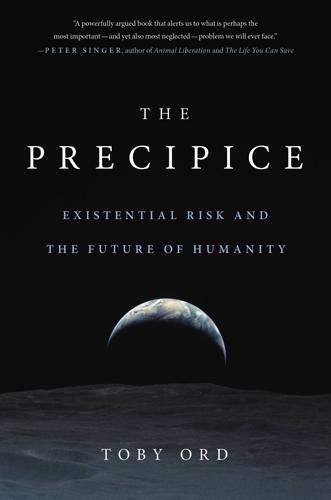
The Precipice: Existential Risk and the Future of Humanity
by Toby Ord · 24 Mar 2020 · 513pp · 152,381 words
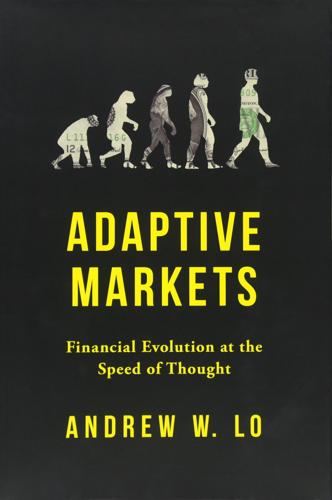
Adaptive Markets: Financial Evolution at the Speed of Thought
by Andrew W. Lo · 3 Apr 2017 · 733pp · 179,391 words
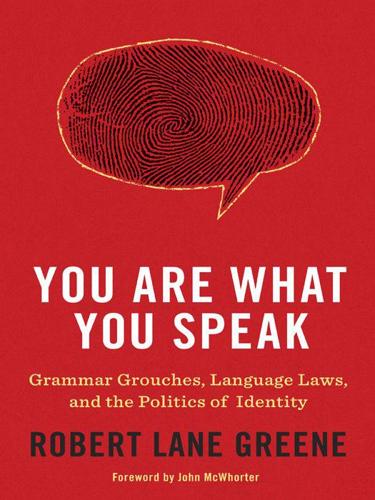
You Are What You Speak: Grammar Grouches, Language Laws, and the Politics of Identity
by Robert Lane Greene · 8 Mar 2011 · 319pp · 95,854 words
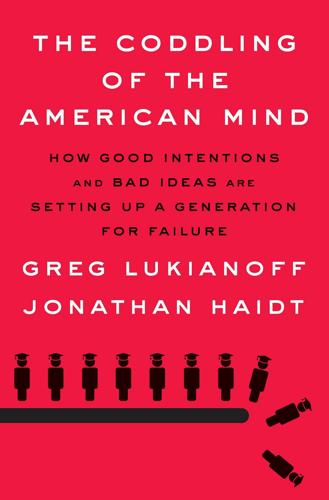
The Coddling of the American Mind: How Good Intentions and Bad Ideas Are Setting Up a Generation for Failure
by Greg Lukianoff and Jonathan Haidt · 14 Jun 2018 · 531pp · 125,069 words
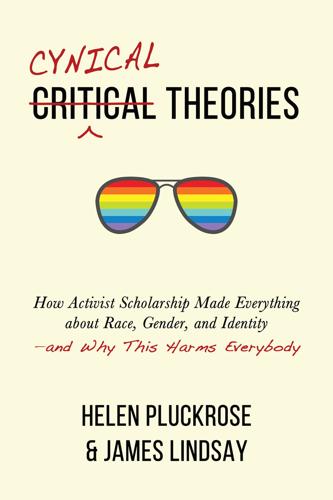
Cynical Theories: How Activist Scholarship Made Everything About Race, Gender, and Identity―and Why This Harms Everybody
by Helen Pluckrose and James A. Lindsay · 14 Jul 2020 · 378pp · 107,957 words
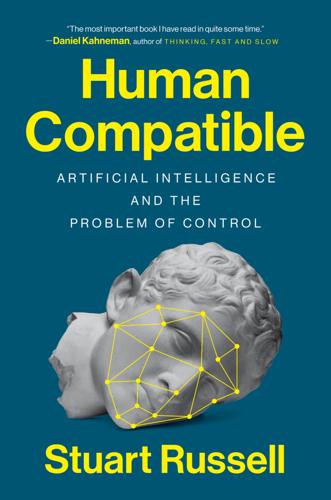
Human Compatible: Artificial Intelligence and the Problem of Control
by Stuart Russell · 7 Oct 2019 · 416pp · 112,268 words
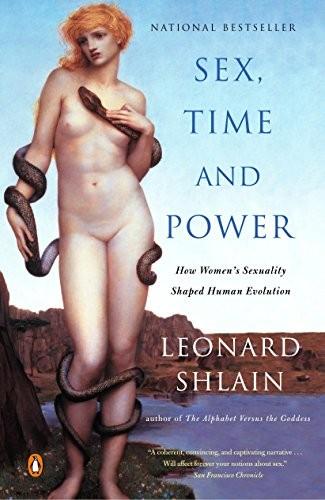
Sex, Time, and Power: How Women's Sexuality Shaped Human Evolution
by Leonard Shlain · 2 Aug 2004 · 607pp · 168,497 words
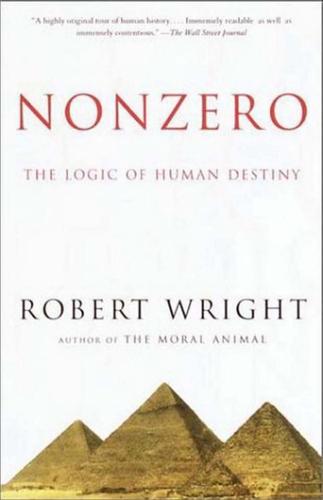
The Moral Animal: Evolutionary Psychology and Everyday Life
by Robert Wright · 1 Jan 1994 · 604pp · 161,455 words
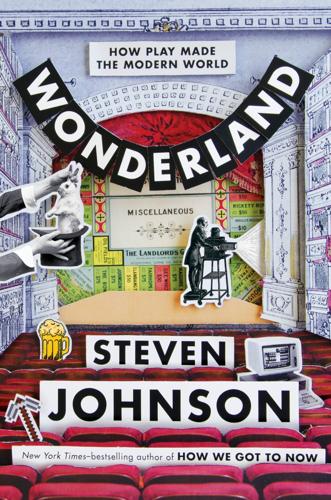
Wonderland: How Play Made the Modern World
by Steven Johnson · 15 Nov 2016 · 322pp · 88,197 words
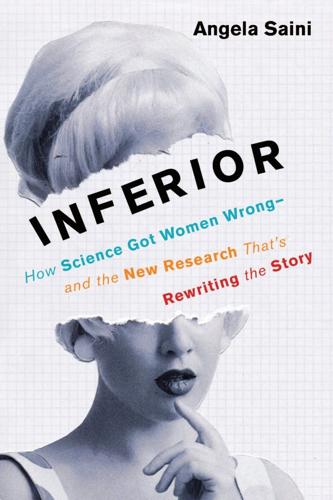
Inferior: How Science Got Women Wrong-And the New Research That's Rewriting the Story
by Angela Saini · 29 May 2017 · 296pp · 86,188 words
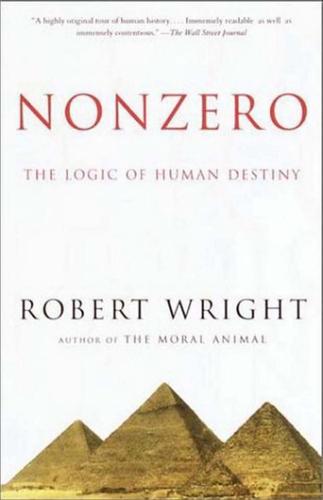
Nonzero: The Logic of Human Destiny
by Robert Wright · 28 Dec 2010
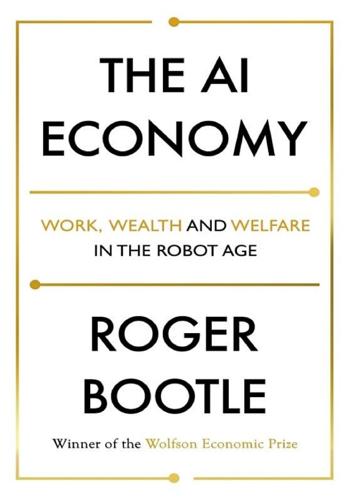
The AI Economy: Work, Wealth and Welfare in the Robot Age
by Roger Bootle · 4 Sep 2019 · 374pp · 111,284 words
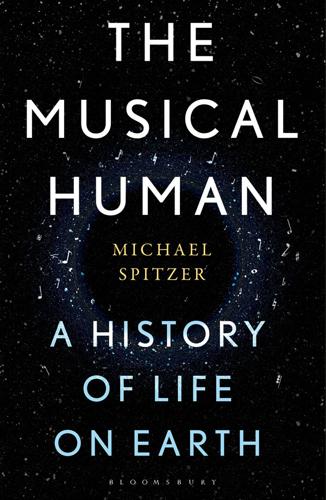
The Musical Human: A History of Life on Earth
by Michael Spitzer · 31 Mar 2021 · 632pp · 163,143 words
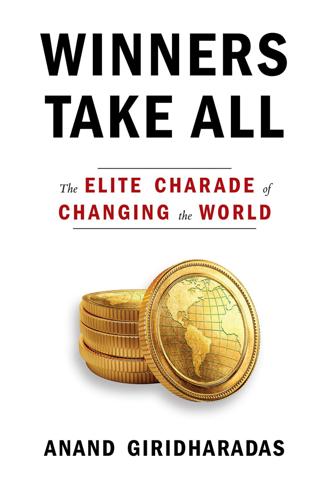
Winners Take All: The Elite Charade of Changing the World
by Anand Giridharadas · 27 Aug 2018 · 296pp · 98,018 words
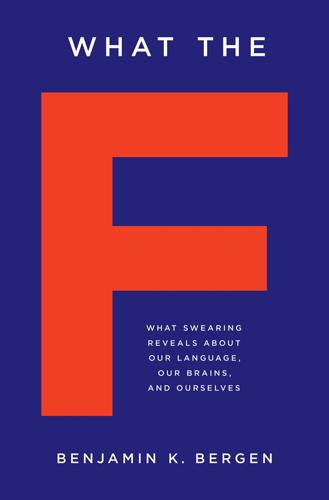
What the F: What Swearing Reveals About Our Language, Our Brains, and Ourselves
by Benjamin K. Bergen · 12 Sep 2016 · 364pp · 102,926 words
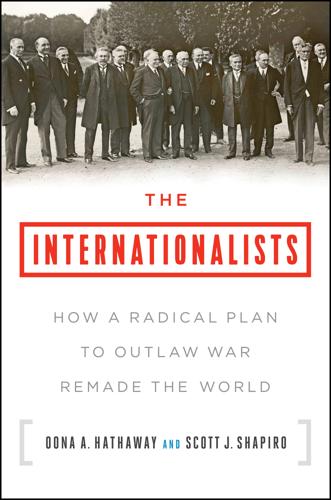
The Internationalists: How a Radical Plan to Outlaw War Remade the World
by Oona A. Hathaway and Scott J. Shapiro · 11 Sep 2017 · 850pp · 224,533 words
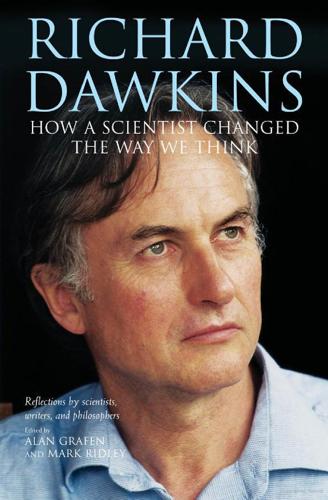
Richard Dawkins: How a Scientist Changed the Way We Think
by Alan Grafen; Mark Ridley · 1 Jan 2006 · 286pp · 90,530 words
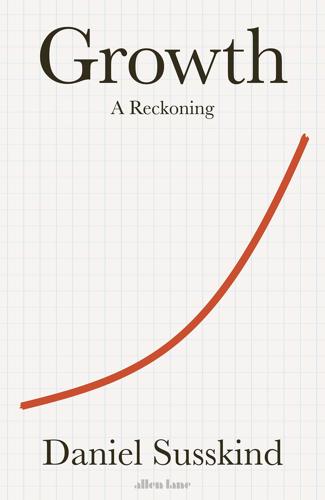
Growth: A Reckoning
by Daniel Susskind · 16 Apr 2024 · 358pp · 109,930 words
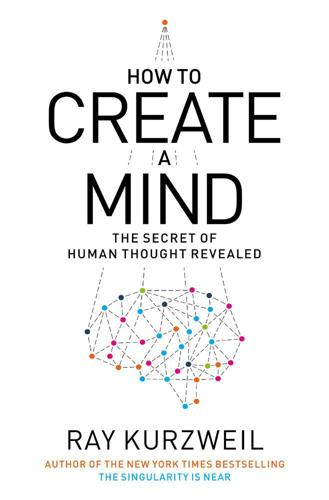
How to Create a Mind: The Secret of Human Thought Revealed
by Ray Kurzweil · 13 Nov 2012 · 372pp · 101,174 words
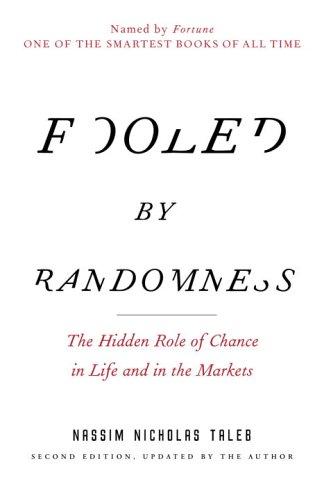
Fooled by Randomness: The Hidden Role of Chance in Life and in the Markets
by Nassim Nicholas Taleb · 1 Jan 2001 · 111pp · 1 words
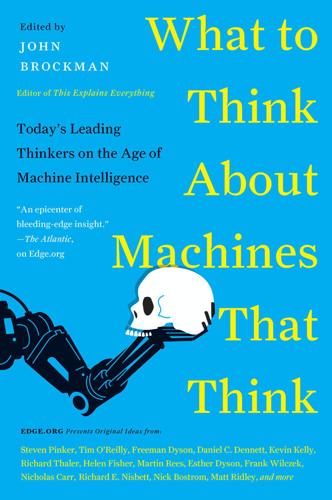
What to Think About Machines That Think: Today's Leading Thinkers on the Age of Machine Intelligence
by John Brockman · 5 Oct 2015 · 481pp · 125,946 words

Geek Heresy: Rescuing Social Change From the Cult of Technology
by Kentaro Toyama · 25 May 2015 · 494pp · 116,739 words
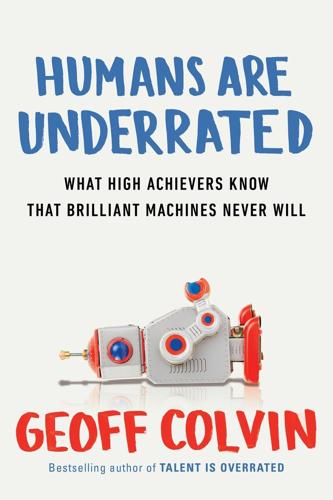
Humans Are Underrated: What High Achievers Know That Brilliant Machines Never Will
by Geoff Colvin · 3 Aug 2015 · 271pp · 77,448 words
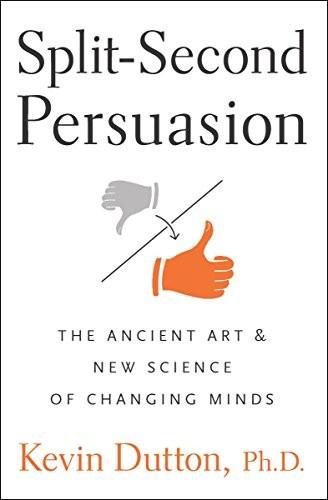
Split-Second Persuasion: The Ancient Art and New Science of Changing Minds
by Kevin Dutton · 3 Feb 2011 · 338pp · 100,477 words

Evil Genes: Why Rome Fell, Hitler Rose, Enron Failed, and My Sister Stole My Mother's Boyfriend
by Barbara Oakley Phd · 20 Oct 2008
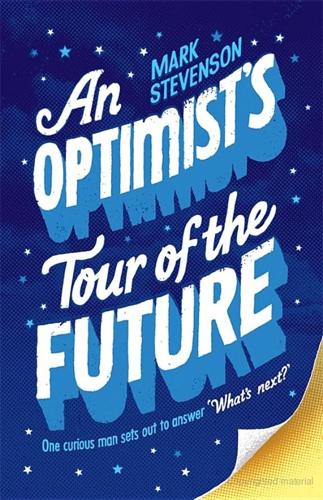
An Optimist's Tour of the Future
by Mark Stevenson · 4 Dec 2010 · 379pp · 108,129 words
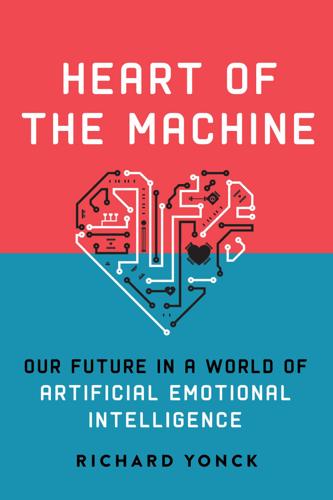
Heart of the Machine: Our Future in a World of Artificial Emotional Intelligence
by Richard Yonck · 7 Mar 2017 · 360pp · 100,991 words
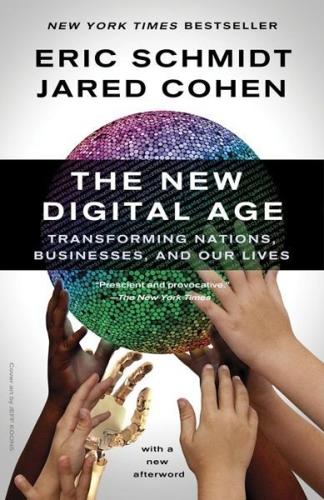
The New Digital Age: Transforming Nations, Businesses, and Our Lives
by Eric Schmidt and Jared Cohen · 22 Apr 2013 · 525pp · 116,295 words
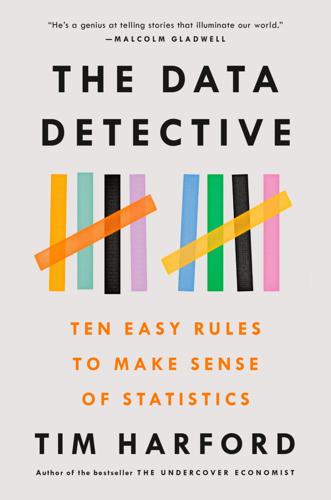
The Data Detective: Ten Easy Rules to Make Sense of Statistics
by Tim Harford · 2 Feb 2021 · 428pp · 103,544 words
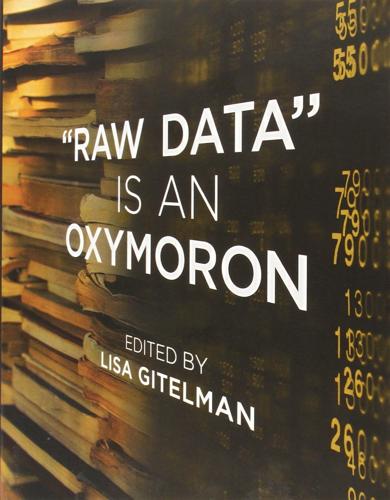
Raw Data Is an Oxymoron
by Lisa Gitelman · 25 Jan 2013
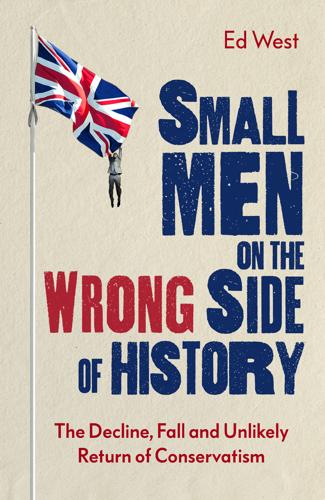
Small Men on the Wrong Side of History: The Decline, Fall and Unlikely Return of Conservatism
by Ed West · 19 Mar 2020 · 530pp · 147,851 words
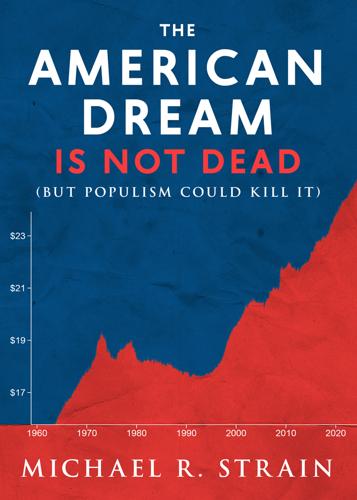
The American Dream Is Not Dead: (But Populism Could Kill It)
by Michael R. Strain · 25 Feb 2020 · 98pp · 27,609 words
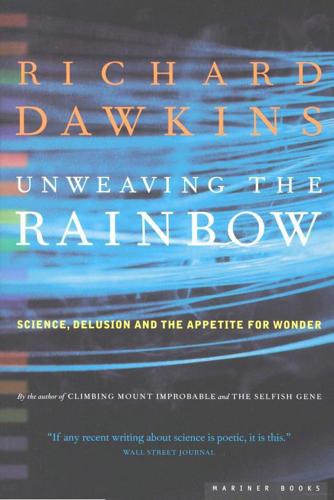
Unweaving the Rainbow
by Richard Dawkins · 7 Aug 2011 · 339pp · 112,979 words
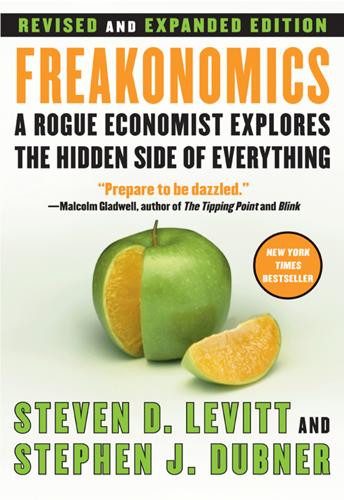
Freakonomics: A Rogue Economist Explores the Hidden Side of Everything
by Steven D. Levitt and Stephen J. Dubner · 11 Apr 2005 · 339pp · 95,988 words
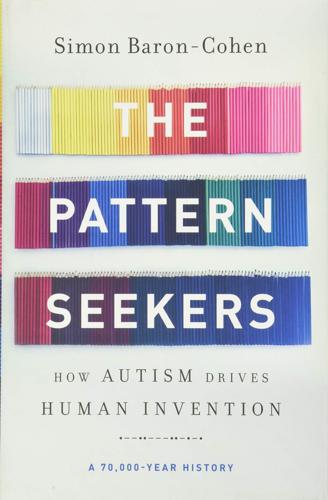
The Pattern Seekers: How Autism Drives Human Invention
by Simon Baron-Cohen · 14 Aug 2020
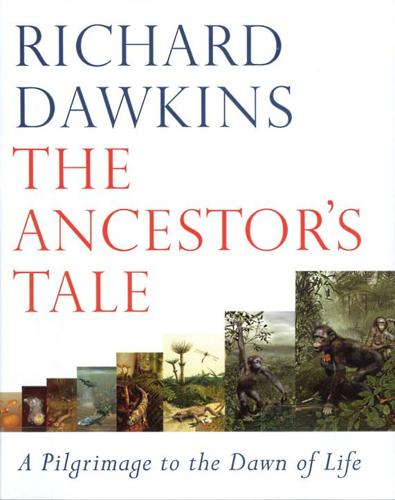
The Ancestor's Tale: A Pilgrimage to the Dawn of Evolution
by Richard Dawkins · 1 Jan 2004 · 734pp · 244,010 words
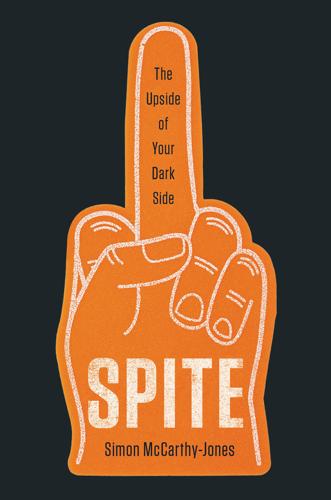
Spite: The Upside of Your Dark Side
by Simon McCarthy-Jones · 12 Apr 2021
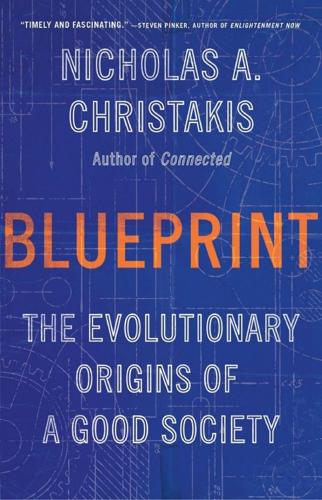
Blueprint: The Evolutionary Origins of a Good Society
by Nicholas A. Christakis · 26 Mar 2019
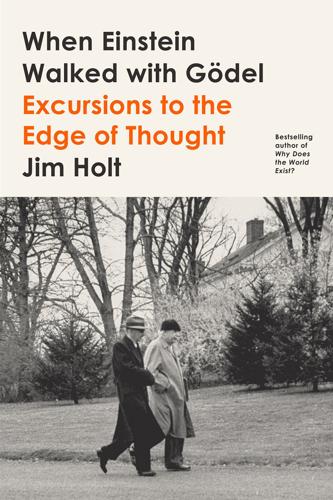
When Einstein Walked With Gödel: Excursions to the Edge of Thought
by Jim Holt · 14 May 2018 · 436pp · 127,642 words

The Economics of Enough: How to Run the Economy as if the Future Matters
by Diane Coyle · 21 Feb 2011 · 523pp · 111,615 words
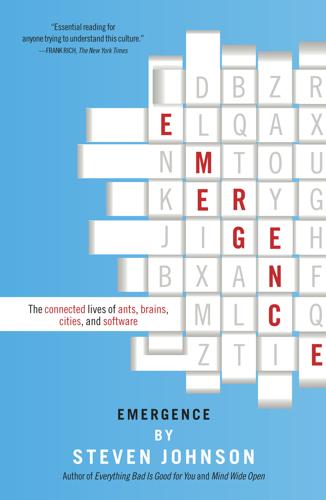
Emergence
by Steven Johnson · 329pp · 88,954 words
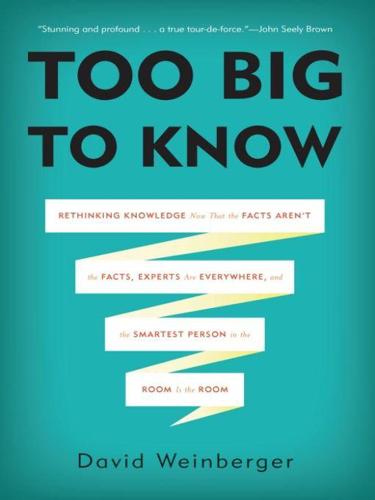
Too Big to Know: Rethinking Knowledge Now That the Facts Aren't the Facts, Experts Are Everywhere, and the Smartest Person in the Room Is the Room
by David Weinberger · 14 Jul 2011 · 369pp · 80,355 words
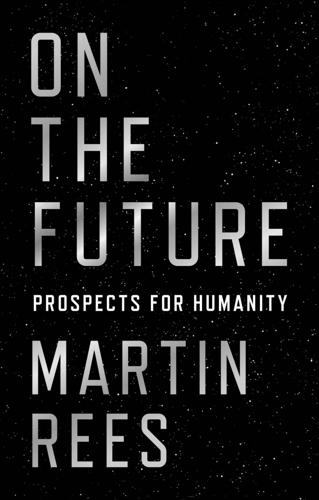
On the Future: Prospects for Humanity
by Martin J. Rees · 14 Oct 2018 · 193pp · 51,445 words
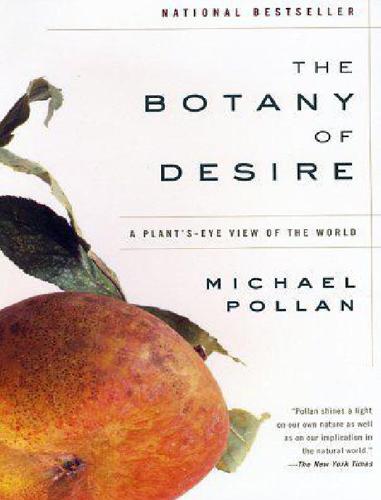
The botany of desire: a plant's-eye view of the world
by Michael Pollan · 27 May 2002 · 273pp · 83,186 words
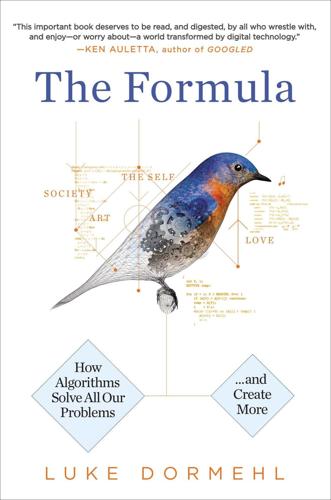
The Formula: How Algorithms Solve All Our Problems-And Create More
by Luke Dormehl · 4 Nov 2014 · 268pp · 75,850 words
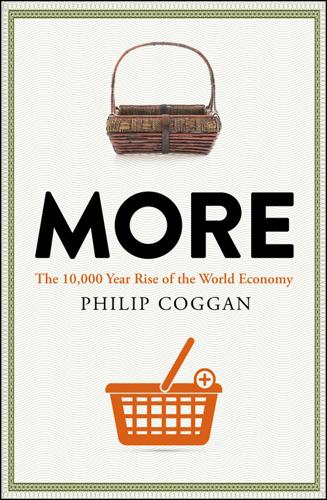
More: The 10,000-Year Rise of the World Economy
by Philip Coggan · 6 Feb 2020 · 524pp · 155,947 words

Apocalypse Never: Why Environmental Alarmism Hurts Us All
by Michael Shellenberger · 28 Jun 2020
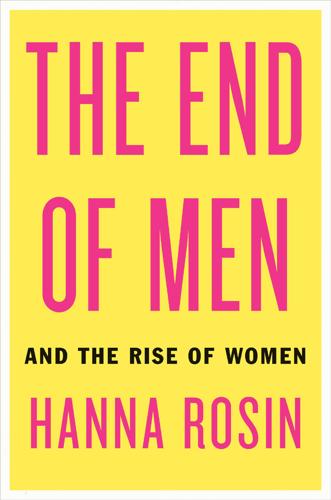
The End of Men: And the Rise of Women
by Hanna Rosin · 31 Aug 2012 · 320pp · 96,006 words
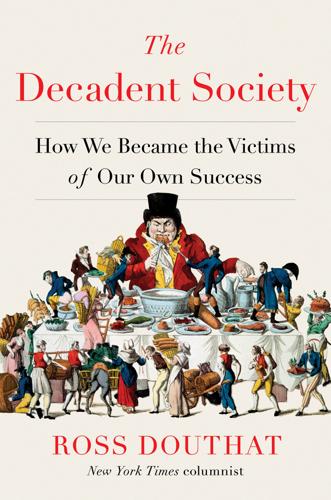
The Decadent Society: How We Became the Victims of Our Own Success
by Ross Douthat · 25 Feb 2020 · 324pp · 80,217 words
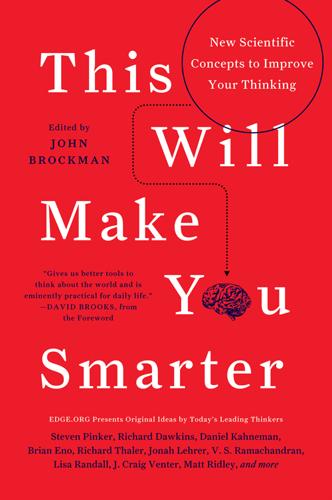
This Will Make You Smarter: 150 New Scientific Concepts to Improve Your Thinking
by John Brockman · 14 Feb 2012 · 416pp · 106,582 words

Wasps: The Splendors and Miseries of an American Aristocracy
by Michael Knox Beran · 2 Aug 2021 · 800pp · 240,175 words
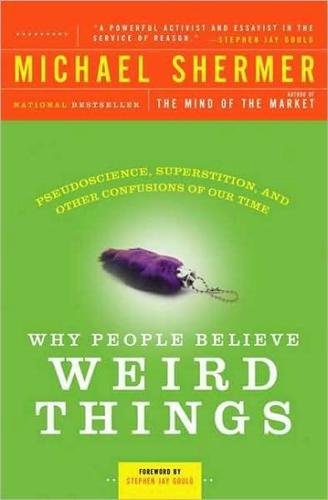
Why People Believe Weird Things: Pseudoscience, Superstition, and Other Confusions of Our Time
by Michael Shermer · 1 Jan 1997 · 404pp · 134,430 words

Animal Spirits: The American Pursuit of Vitality From Camp Meeting to Wall Street
by Jackson Lears
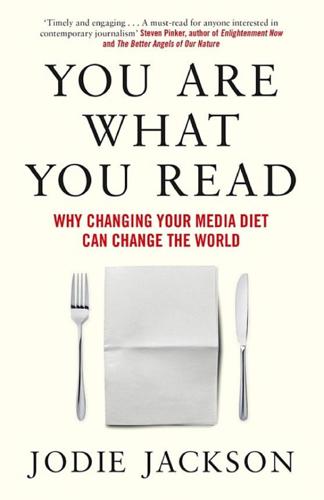
You Are What You Read
by Jodie Jackson · 3 Apr 2019 · 145pp · 41,453 words

Cartesian Linguistics
by Noam Chomsky · 1 Jan 1966
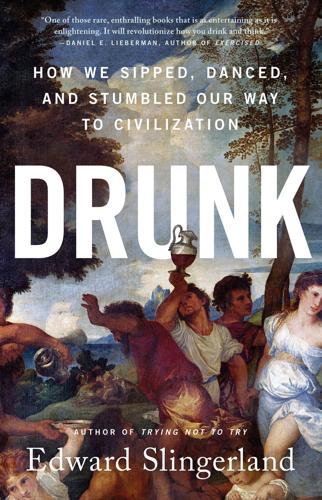
Drunk: How We Sipped, Danced, and Stumbled Our Way to Civilization
by Edward Slingerland · 31 May 2021

Globish: How the English Language Became the World's Language
by Robert McCrum · 24 May 2010 · 325pp · 99,983 words

The Most Good You Can Do: How Effective Altruism Is Changing Ideas About Living Ethically
by Peter Singer · 1 Jan 2015 · 197pp · 59,656 words
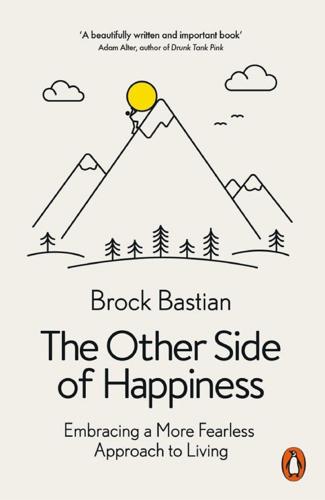
The Other Side of Happiness: Embracing a More Fearless Approach to Living
by Brock Bastian · 25 Jan 2018
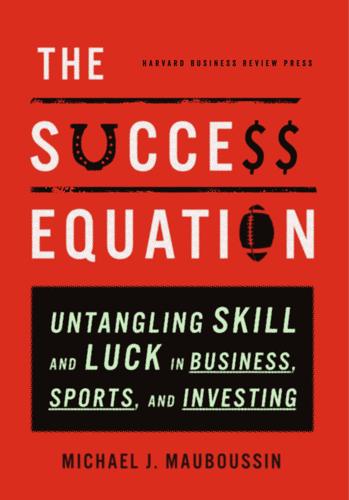
The Success Equation: Untangling Skill and Luck in Business, Sports, and Investing
by Michael J. Mauboussin · 14 Jul 2012 · 299pp · 92,782 words
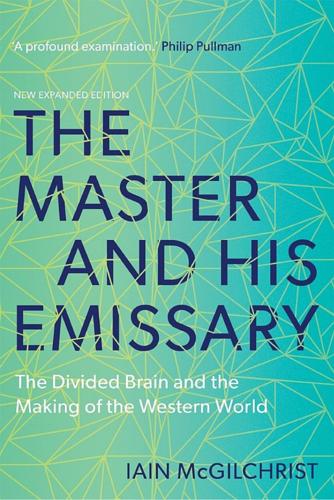
The Master and His Emissary: The Divided Brain and the Making of the Western World
by Iain McGilchrist · 8 Oct 2012
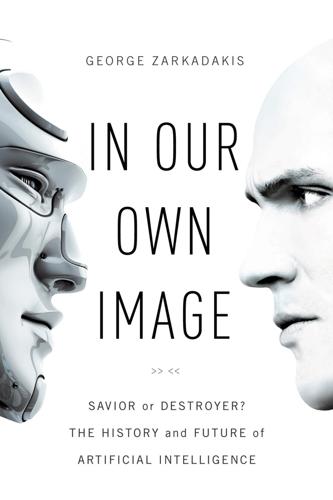
In Our Own Image: Savior or Destroyer? The History and Future of Artificial Intelligence
by George Zarkadakis · 7 Mar 2016 · 405pp · 117,219 words
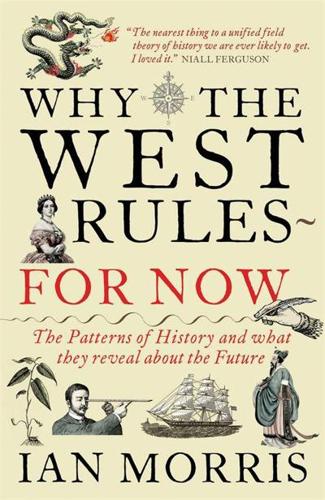
Why the West Rules--For Now: The Patterns of History, and What They Reveal About the Future
by Ian Morris · 11 Oct 2010 · 1,152pp · 266,246 words
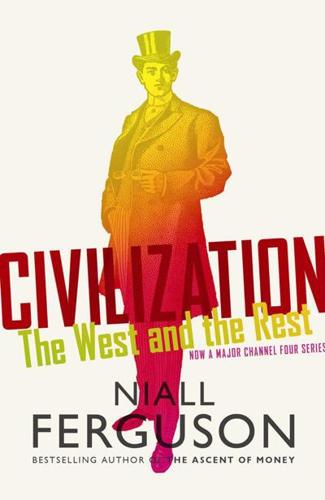
Civilization: The West and the Rest
by Niall Ferguson · 28 Feb 2011 · 790pp · 150,875 words

The Information: A History, a Theory, a Flood
by James Gleick · 1 Mar 2011 · 855pp · 178,507 words
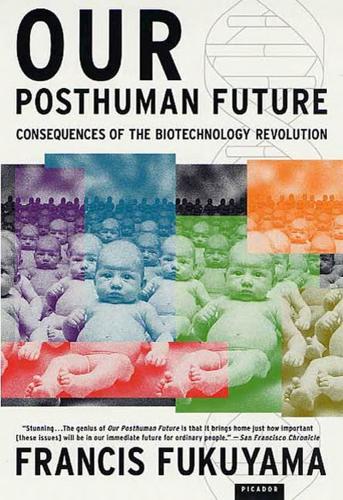
Our Posthuman Future: Consequences of the Biotechnology Revolution
by Francis Fukuyama · 1 Jan 2002 · 350pp · 96,803 words
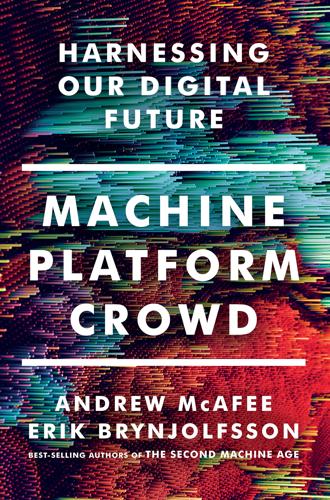
Machine, Platform, Crowd: Harnessing Our Digital Future
by Andrew McAfee and Erik Brynjolfsson · 26 Jun 2017 · 472pp · 117,093 words
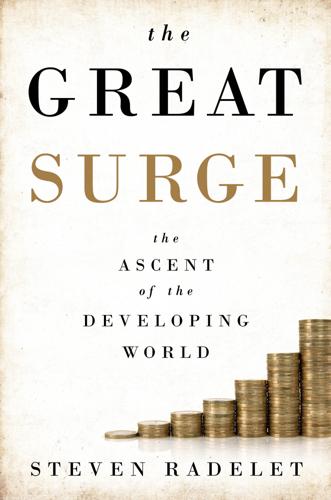
The Great Surge: The Ascent of the Developing World
by Steven Radelet · 10 Nov 2015 · 437pp · 115,594 words
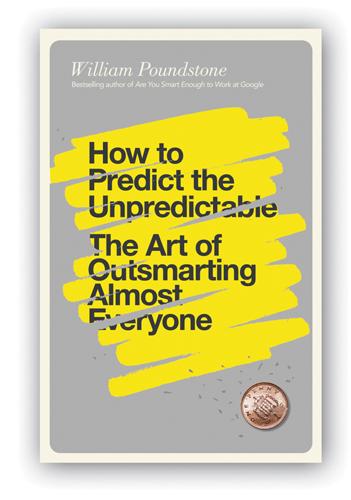
How to Predict the Unpredictable
by William Poundstone · 267pp · 71,941 words
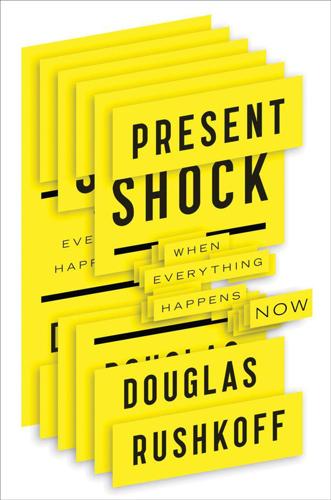
Present Shock: When Everything Happens Now
by Douglas Rushkoff · 21 Mar 2013 · 323pp · 95,939 words

The Origins of Political Order: From Prehuman Times to the French Revolution
by Francis Fukuyama · 11 Apr 2011 · 740pp · 217,139 words
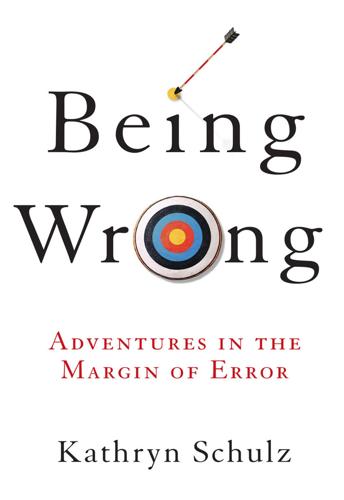
Being Wrong: Adventures in the Margin of Error
by Kathryn Schulz · 7 Jun 2010 · 486pp · 148,485 words
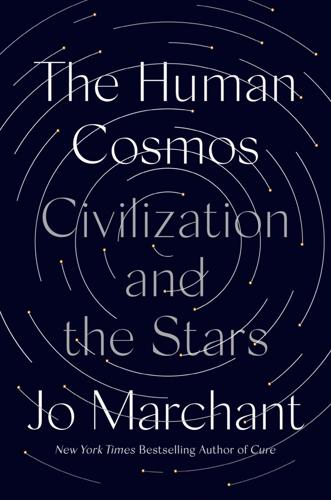
The Human Cosmos: A Secret History of the Stars
by Jo Marchant · 15 Jan 2020 · 544pp · 134,483 words
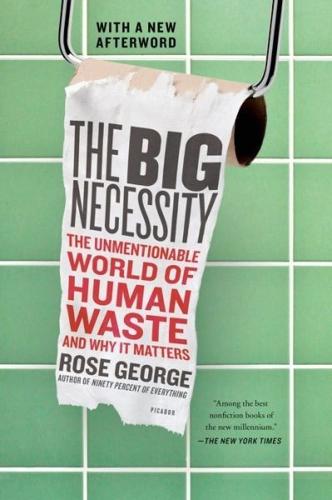
The Big Necessity: The Unmentionable World of Human Waste and Why It Matters
by Rose George · 13 Oct 2008 · 346pp · 101,255 words
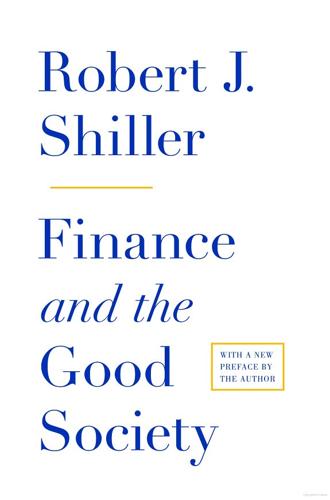
Finance and the Good Society
by Robert J. Shiller · 1 Jan 2012 · 288pp · 16,556 words
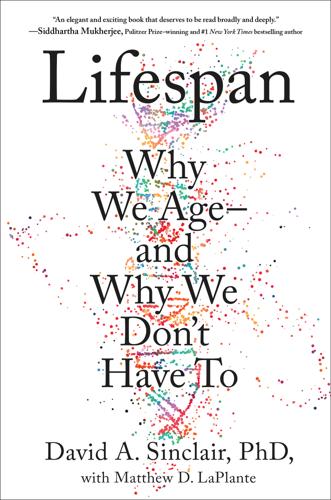
Lifespan: Why We Age—and Why We Don't Have To
by David A. Sinclair and Matthew D. Laplante · 9 Sep 2019
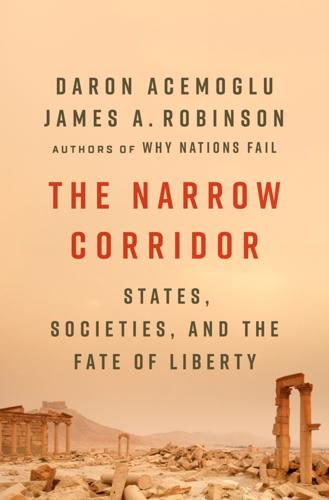
The Narrow Corridor: States, Societies, and the Fate of Liberty
by Daron Acemoglu and James A. Robinson · 23 Sep 2019 · 809pp · 237,921 words
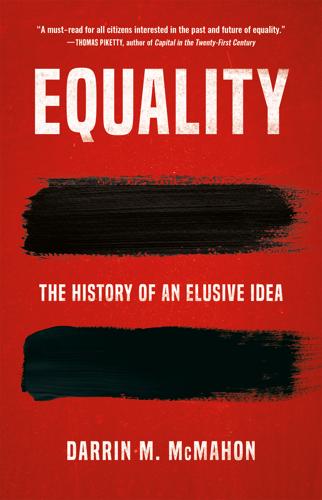
Equality
by Darrin M. McMahon · 14 Nov 2023 · 534pp · 166,876 words
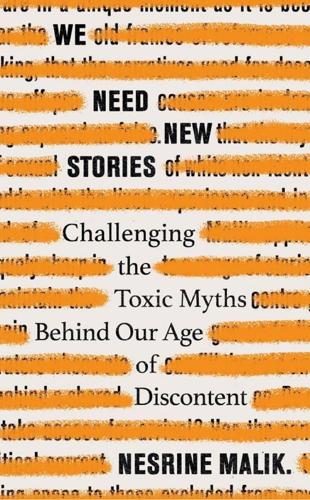
We Need New Stories: Challenging the Toxic Myths Behind Our Age of Discontent
by Nesrine Malik · 4 Sep 2019
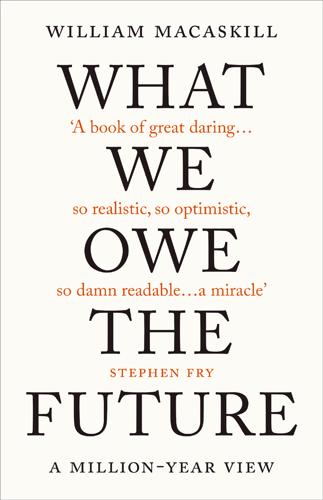
What We Owe the Future: A Million-Year View
by William MacAskill · 31 Aug 2022 · 451pp · 125,201 words
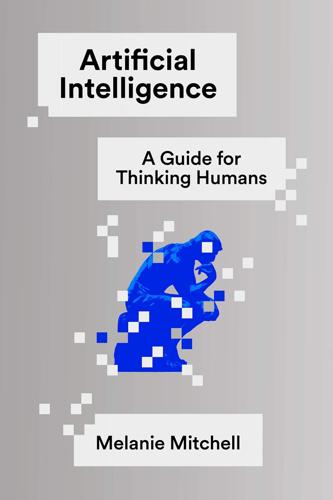
Artificial Intelligence: A Guide for Thinking Humans
by Melanie Mitchell · 14 Oct 2019 · 350pp · 98,077 words
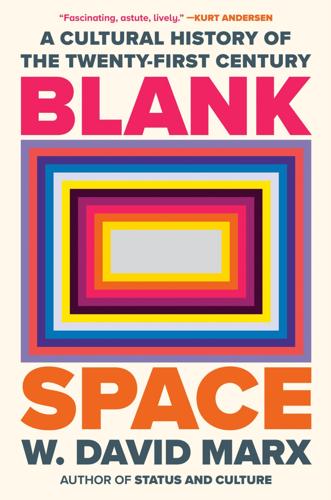
Blank Space: A Cultural History of the Twenty-First Century
by W. David Marx · 18 Nov 2025 · 642pp · 142,332 words
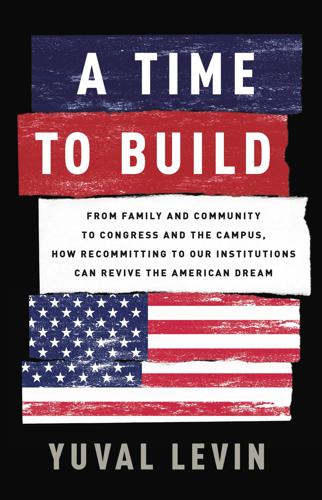
A Time to Build: From Family and Community to Congress and the Campus, How Recommitting to Our Institutions Can Revive the American Dream
by Yuval Levin · 21 Jan 2020 · 224pp · 71,060 words
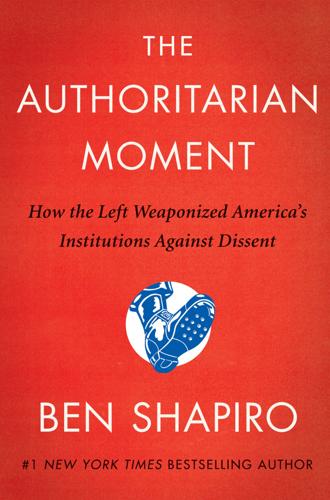
The Authoritarian Moment: How the Left Weaponized America's Institutions Against Dissent
by Ben Shapiro · 26 Jul 2021 · 309pp · 81,243 words
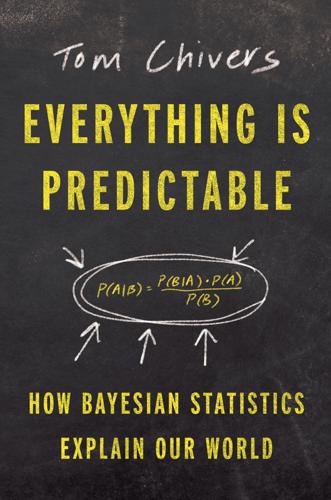
Everything Is Predictable: How Bayesian Statistics Explain Our World
by Tom Chivers · 6 May 2024 · 283pp · 102,484 words
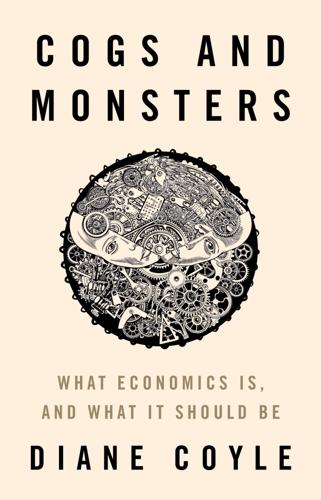
Cogs and Monsters: What Economics Is, and What It Should Be
by Diane Coyle · 11 Oct 2021 · 305pp · 75,697 words
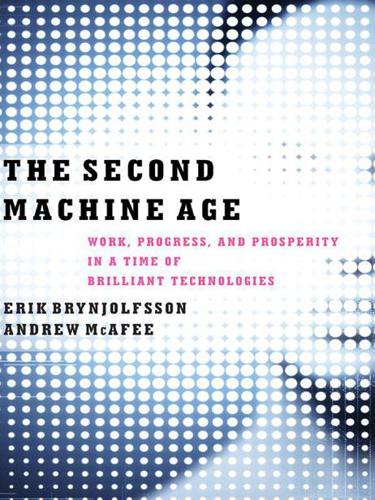
The Second Machine Age: Work, Progress, and Prosperity in a Time of Brilliant Technologies
by Erik Brynjolfsson and Andrew McAfee · 20 Jan 2014 · 339pp · 88,732 words
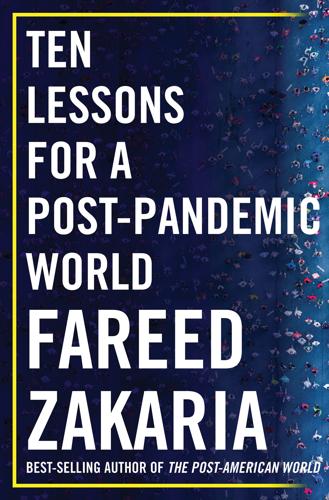
Ten Lessons for a Post-Pandemic World
by Fareed Zakaria · 5 Oct 2020 · 289pp · 86,165 words
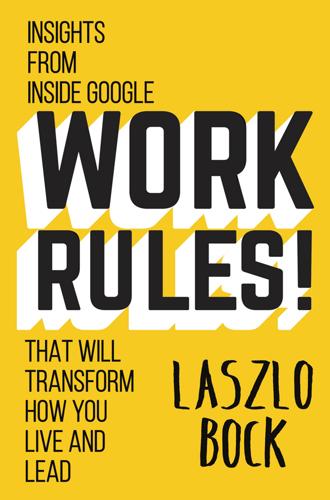
Work Rules!: Insights From Inside Google That Will Transform How You Live and Lead
by Laszlo Bock · 31 Mar 2015 · 387pp · 119,409 words

Beyond: Our Future in Space
by Chris Impey · 12 Apr 2015 · 370pp · 97,138 words
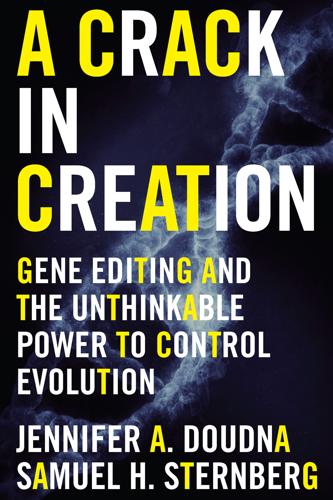
A Crack in Creation: Gene Editing and the Unthinkable Power to Control Evolution
by Jennifer A. Doudna and Samuel H. Sternberg · 15 Mar 2017
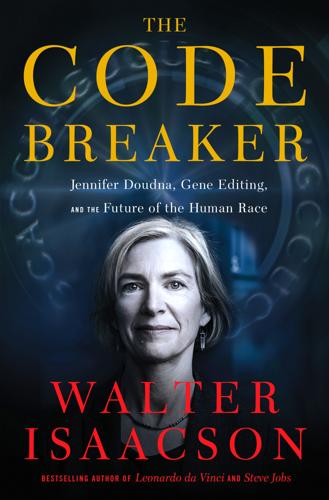
The Code Breaker: Jennifer Doudna, Gene Editing, and the Future of the Human Race
by Walter Isaacson · 9 Mar 2021 · 700pp · 160,604 words

Architects of Intelligence
by Martin Ford · 16 Nov 2018 · 586pp · 186,548 words

Word by Word: The Secret Life of Dictionaries
by Kory Stamper · 14 Mar 2017 · 341pp · 95,752 words
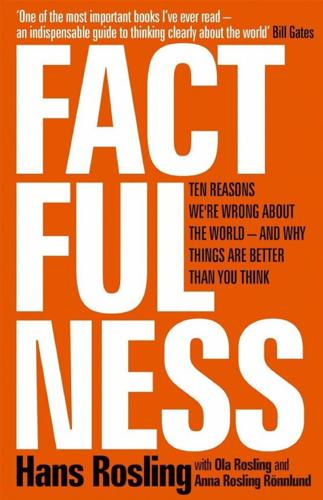
Factfulness: Ten Reasons We're Wrong About the World – and Why Things Are Better Than You Think
by Hans Rosling, Ola Rosling and Anna Rosling Rönnlund · 2 Apr 2018 · 288pp · 85,073 words
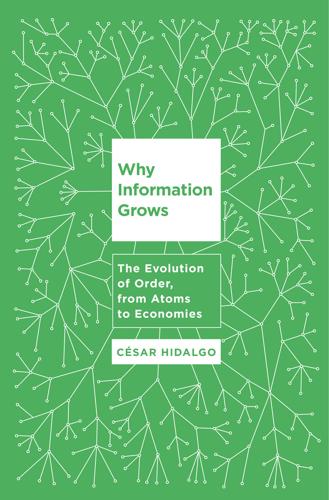
Why Information Grows: The Evolution of Order, From Atoms to Economies
by Cesar Hidalgo · 1 Jun 2015 · 242pp · 68,019 words
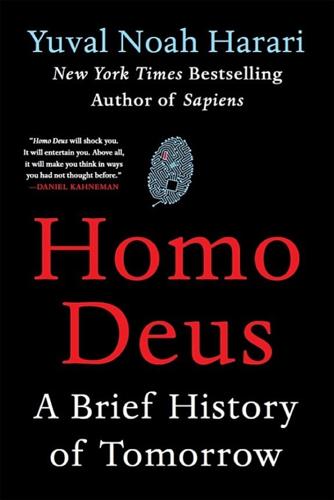
Homo Deus: A Brief History of Tomorrow
by Yuval Noah Harari · 1 Mar 2015 · 479pp · 144,453 words
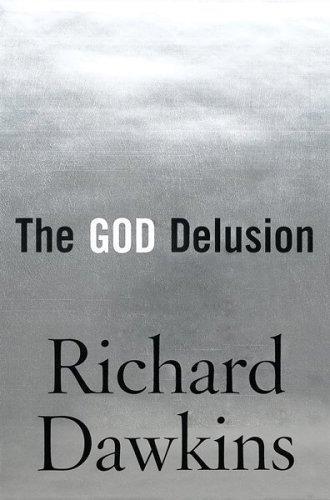
The God Delusion
by Richard Dawkins · 12 Sep 2006 · 478pp · 142,608 words
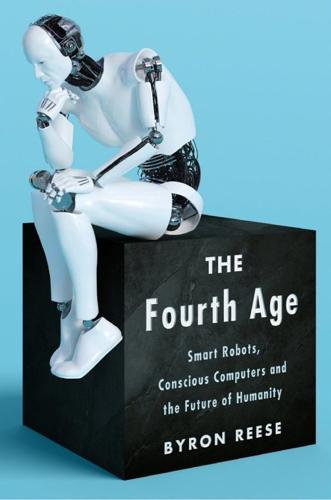
The Fourth Age: Smart Robots, Conscious Computers, and the Future of Humanity
by Byron Reese · 23 Apr 2018 · 294pp · 96,661 words
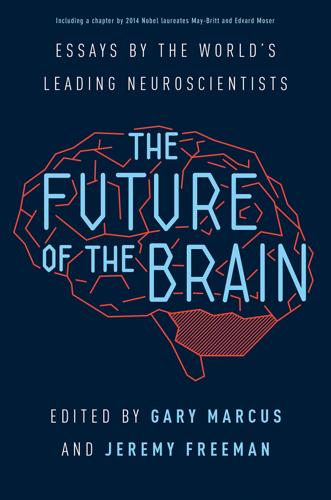
The Future of the Brain: Essays by the World's Leading Neuroscientists
by Gary Marcus and Jeremy Freeman · 1 Nov 2014 · 336pp · 93,672 words

The Uninhabitable Earth: Life After Warming
by David Wallace-Wells · 19 Feb 2019 · 343pp · 101,563 words
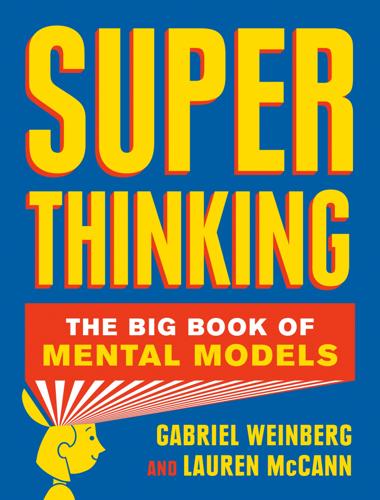
Super Thinking: The Big Book of Mental Models
by Gabriel Weinberg and Lauren McCann · 17 Jun 2019
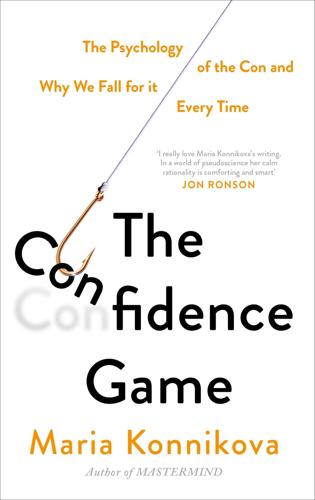
The Confidence Game: The Psychology of the Con and Why We Fall for It Every Time
by Maria Konnikova · 28 Jan 2016 · 384pp · 118,572 words
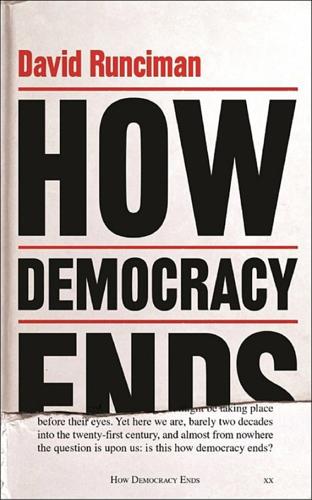
How Democracy Ends
by David Runciman · 9 May 2018 · 245pp · 72,893 words
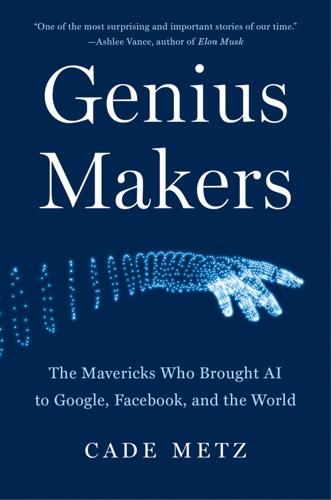
Genius Makers: The Mavericks Who Brought A. I. To Google, Facebook, and the World
by Cade Metz · 15 Mar 2021 · 414pp · 109,622 words
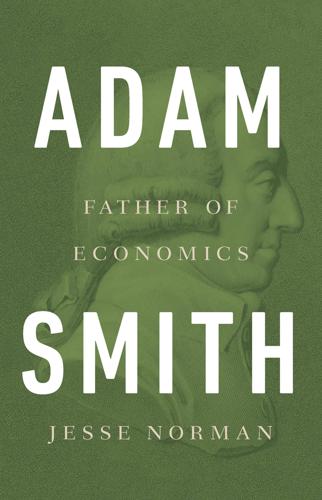
Adam Smith: Father of Economics
by Jesse Norman · 30 Jun 2018
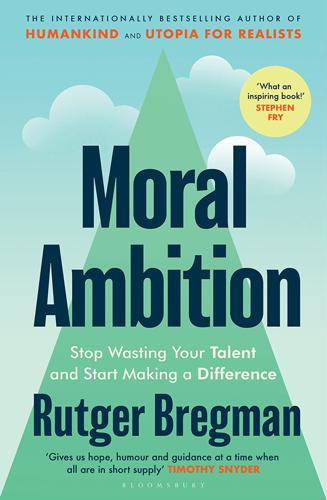
Moral Ambition: Stop Wasting Your Talent and Start Making a Difference
by Bregman, Rutger · 9 Mar 2025 · 181pp · 72,663 words
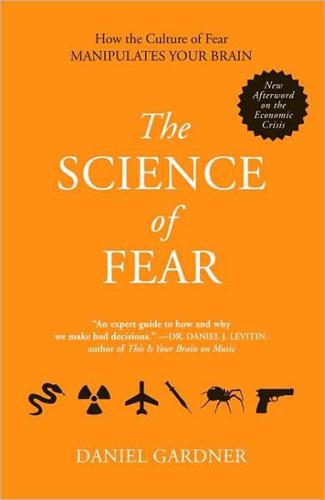
The Science of Fear: How the Culture of Fear Manipulates Your Brain
by Daniel Gardner · 23 Jun 2009 · 542pp · 132,010 words

The Locavore's Dilemma
by Pierre Desrochers and Hiroko Shimizu · 29 May 2012 · 329pp · 85,471 words
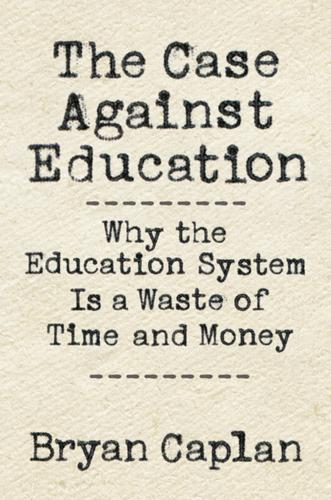
The Case Against Education: Why the Education System Is a Waste of Time and Money
by Bryan Caplan · 16 Jan 2018 · 636pp · 140,406 words
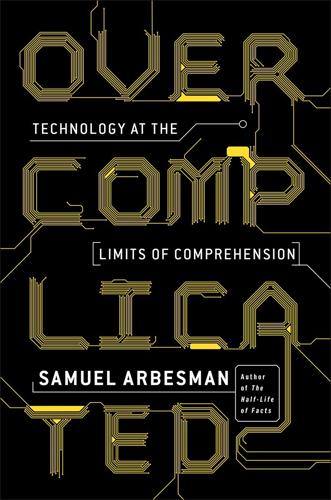
Overcomplicated: Technology at the Limits of Comprehension
by Samuel Arbesman · 18 Jul 2016 · 222pp · 53,317 words
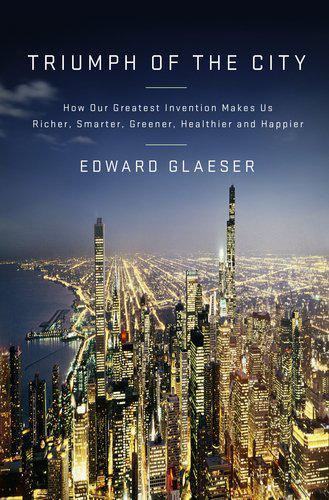
Triumph of the City: How Our Greatest Invention Makes Us Richer, Smarter, Greener, Healthier, and Happier
by Edward L. Glaeser · 1 Jan 2011 · 598pp · 140,612 words
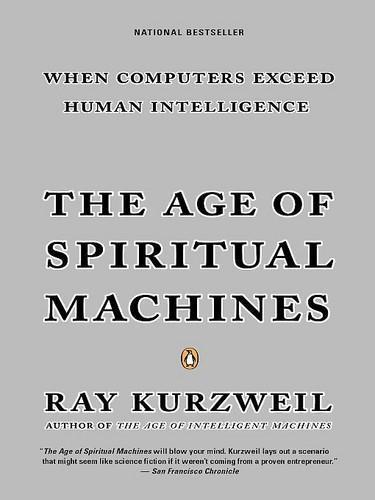
The Age of Spiritual Machines: When Computers Exceed Human Intelligence
by Ray Kurzweil · 31 Dec 1998 · 696pp · 143,736 words
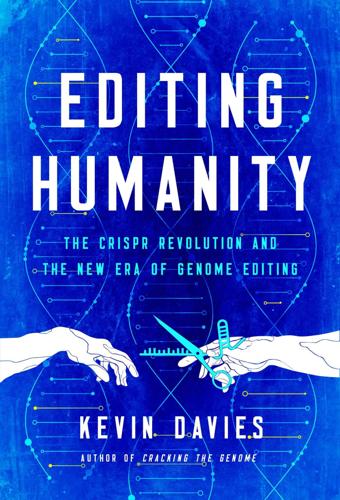
Editing Humanity: The CRISPR Revolution and the New Era of Genome Editing
by Kevin Davies · 5 Oct 2020 · 741pp · 164,057 words
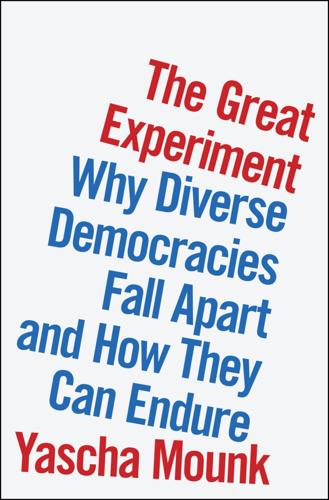
The Great Experiment: Why Diverse Democracies Fall Apart and How They Can Endure
by Yascha Mounk · 19 Apr 2022 · 442pp · 112,155 words
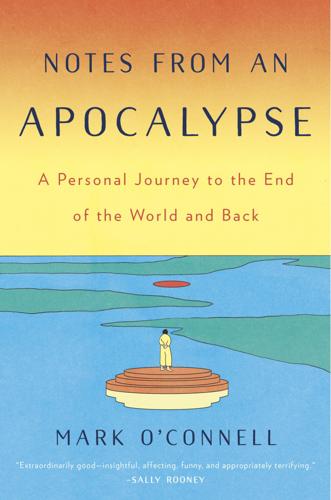
Notes From an Apocalypse: A Personal Journey to the End of the World and Back
by Mark O'Connell · 13 Apr 2020 · 213pp · 70,742 words
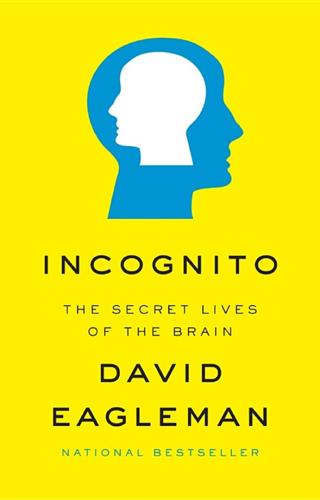
Incognito: The Secret Lives of the Brain
by David Eagleman · 29 May 2011 · 383pp · 92,837 words
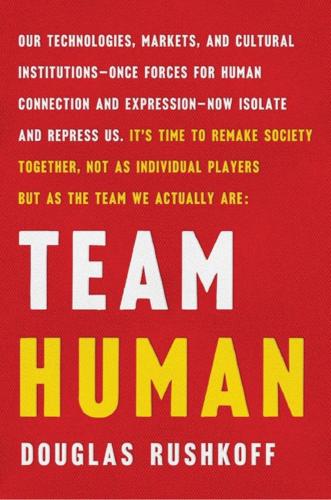
Team Human
by Douglas Rushkoff · 22 Jan 2019 · 196pp · 54,339 words
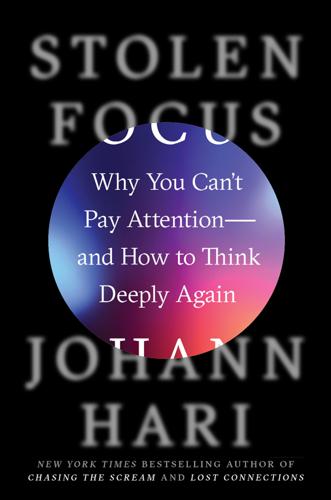
Stolen Focus: Why You Can't Pay Attention--And How to Think Deeply Again
by Johann Hari · 25 Jan 2022 · 390pp · 120,864 words
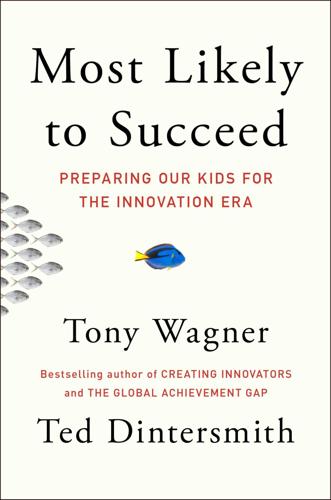
Most Likely to Succeed: Preparing Our Kids for the Innovation Era
by Tony Wagner and Ted Dintersmith · 17 Aug 2015 · 353pp · 91,520 words
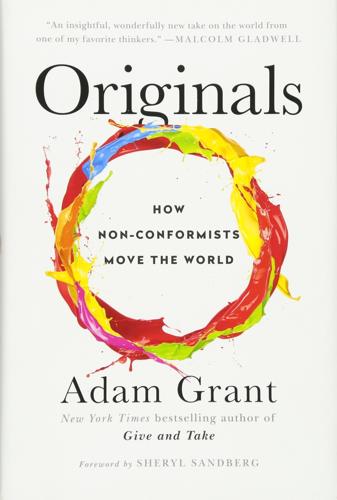
Originals: How Non-Conformists Move the World
by Adam Grant · 2 Feb 2016 · 410pp · 101,260 words
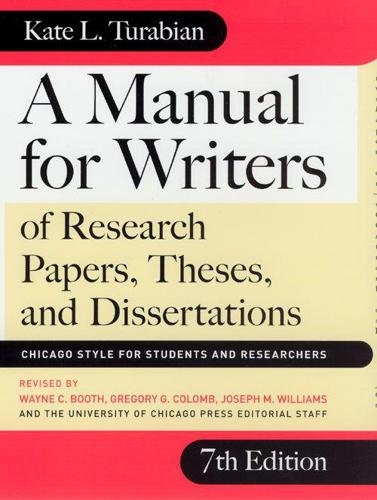
A Manual for Writers of Research Papers, Theses, and Dissertations, Eighth Edition: Chicago Style for Students and Researchers
by Kate L. Turabian · 14 Apr 2007 · 863pp · 159,091 words
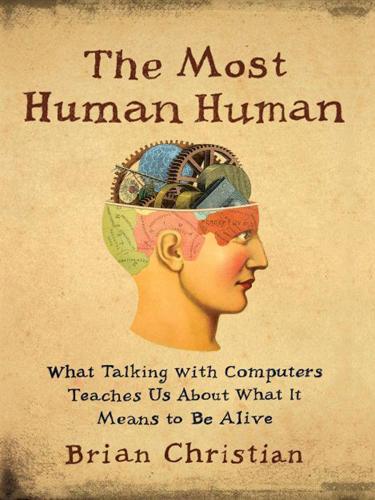
The Most Human Human: What Talking With Computers Teaches Us About What It Means to Be Alive
by Brian Christian · 1 Mar 2011 · 370pp · 94,968 words
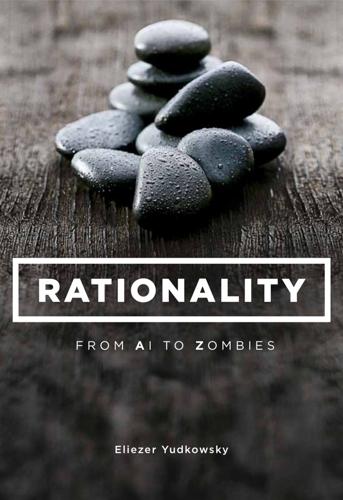
Rationality: From AI to Zombies
by Eliezer Yudkowsky · 11 Mar 2015 · 1,737pp · 491,616 words
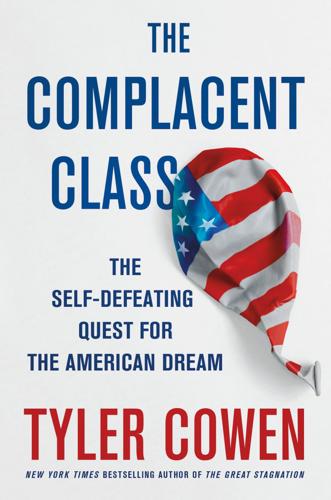
The Complacent Class: The Self-Defeating Quest for the American Dream
by Tyler Cowen · 27 Feb 2017 · 287pp · 82,576 words
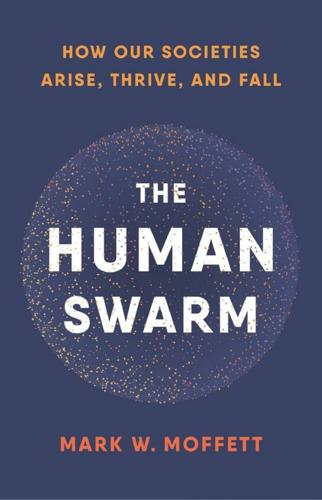
The Human Swarm: How Our Societies Arise, Thrive, and Fall
by Mark W. Moffett · 31 Mar 2019 · 692pp · 189,065 words

Greater: Britain After the Storm
by Penny Mordaunt and Chris Lewis · 19 May 2021 · 516pp · 116,875 words
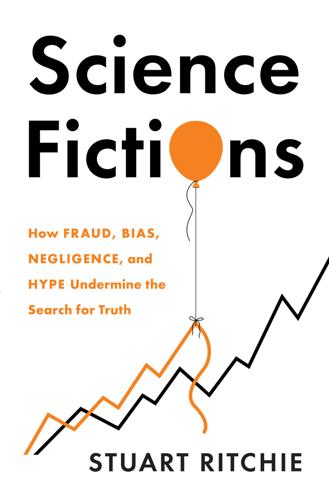
Science Fictions: How Fraud, Bias, Negligence, and Hype Undermine the Search for Truth
by Stuart Ritchie · 20 Jul 2020
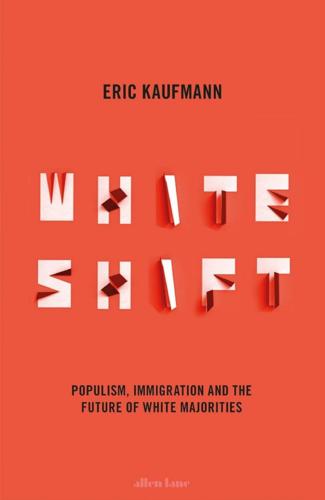
Whiteshift: Populism, Immigration and the Future of White Majorities
by Eric Kaufmann · 24 Oct 2018 · 691pp · 203,236 words
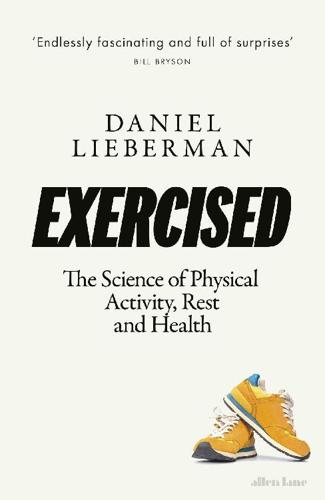
Exercised: The Science of Physical Activity, Rest and Health
by Daniel Lieberman · 2 Sep 2020 · 687pp · 165,457 words

Origin Story: A Big History of Everything
by David Christian · 21 May 2018 · 334pp · 100,201 words
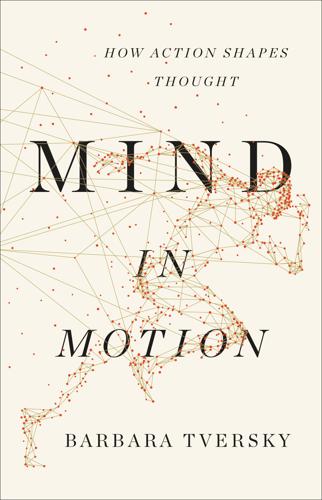
Mind in Motion: How Action Shapes Thought
by Barbara Tversky · 20 May 2019 · 426pp · 117,027 words

The Government of No One: The Theory and Practice of Anarchism
by Ruth Kinna · 31 Jul 2019 · 405pp · 103,723 words
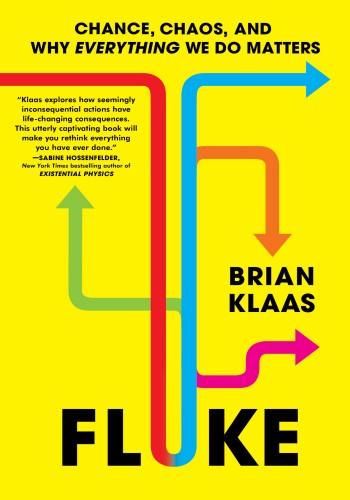
Fluke: Chance, Chaos, and Why Everything We Do Matters
by Brian Klaas · 23 Jan 2024 · 250pp · 96,870 words

Boom: Bubbles and the End of Stagnation
by Byrne Hobart and Tobias Huber · 29 Oct 2024 · 292pp · 106,826 words
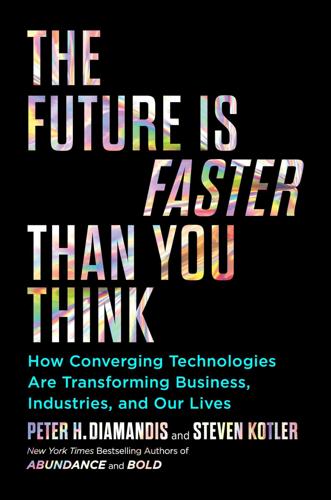
The Future Is Faster Than You Think: How Converging Technologies Are Transforming Business, Industries, and Our Lives
by Peter H. Diamandis and Steven Kotler · 28 Jan 2020 · 501pp · 114,888 words
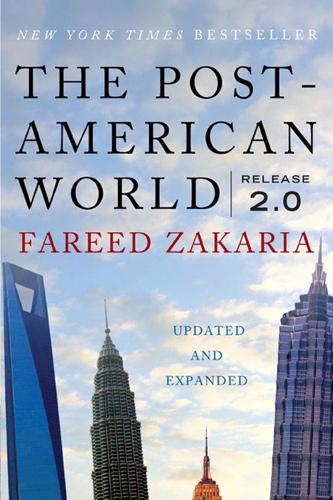
The Post-American World: Release 2.0
by Fareed Zakaria · 1 Jan 2008 · 344pp · 93,858 words
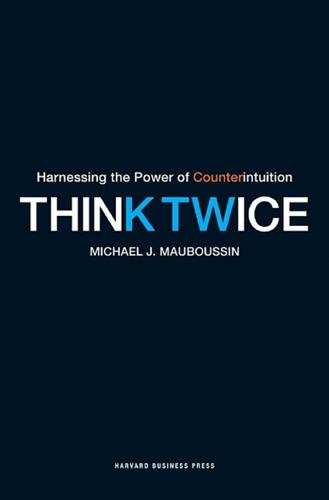
Think Twice: Harnessing the Power of Counterintuition
by Michael J. Mauboussin · 6 Nov 2012 · 256pp · 60,620 words
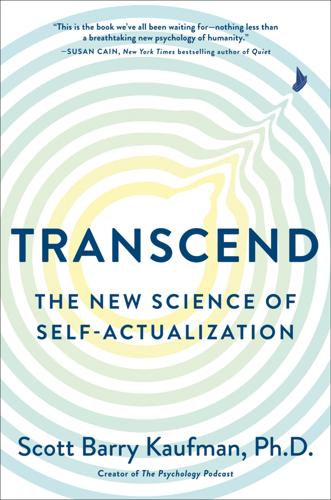
Transcend: The New Science of Self-Actualization
by Scott Barry Kaufman · 6 Apr 2020 · 678pp · 148,827 words
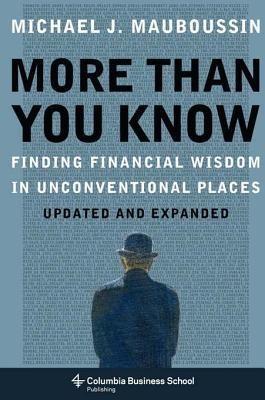
More Than You Know: Finding Financial Wisdom in Unconventional Places (Updated and Expanded)
by Michael J. Mauboussin · 1 Jan 2006 · 348pp · 83,490 words
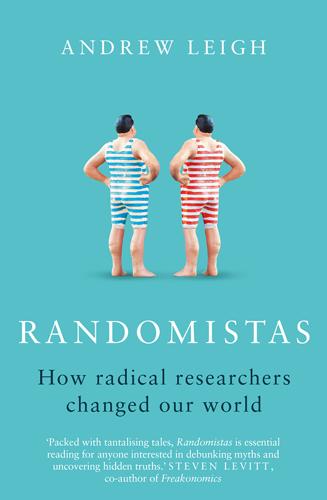
Randomistas: How Radical Researchers Changed Our World
by Andrew Leigh · 14 Sep 2018 · 340pp · 94,464 words
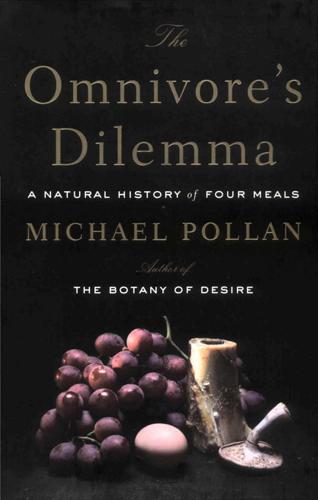
The omnivore's dilemma: a natural history of four meals
by Michael Pollan · 15 Dec 2006 · 467pp · 503 words
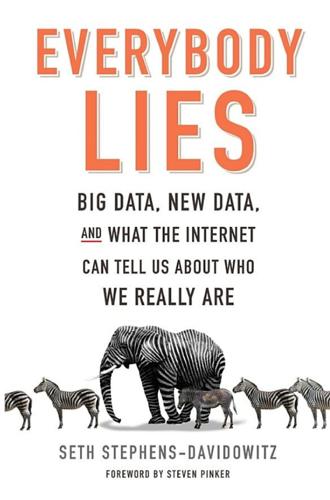
Everybody Lies: Big Data, New Data, and What the Internet Can Tell Us About Who We Really Are
by Seth Stephens-Davidowitz · 8 May 2017 · 337pp · 86,320 words
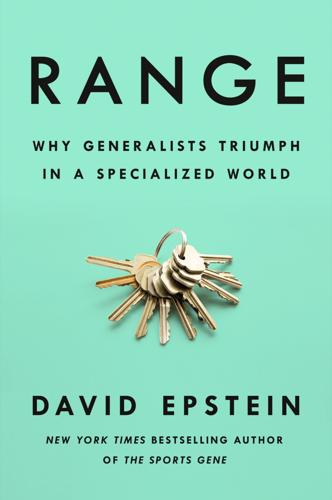
Range: Why Generalists Triumph in a Specialized World
by David Epstein · 1 Mar 2019 · 406pp · 109,794 words
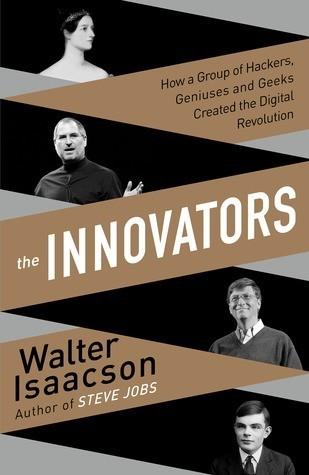
The Innovators: How a Group of Inventors, Hackers, Geniuses and Geeks Created the Digital Revolution
by Walter Isaacson · 6 Oct 2014 · 720pp · 197,129 words
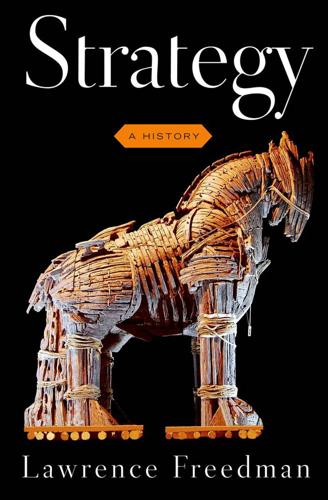
Strategy: A History
by Lawrence Freedman · 31 Oct 2013 · 1,073pp · 314,528 words

Power, for All: How It Really Works and Why It's Everyone's Business
by Julie Battilana and Tiziana Casciaro · 30 Aug 2021 · 345pp · 92,063 words
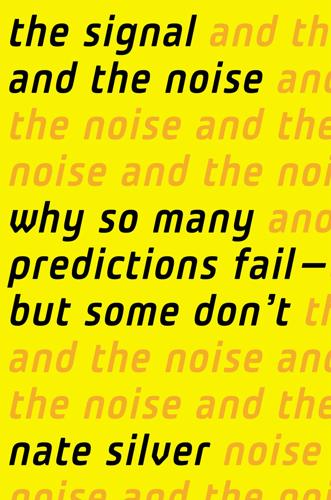
The Signal and the Noise: Why So Many Predictions Fail-But Some Don't
by Nate Silver · 31 Aug 2012 · 829pp · 186,976 words
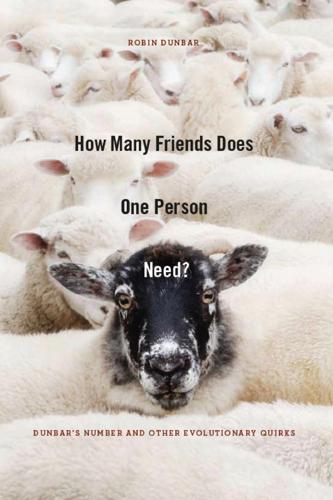
How Many Friends Does One Person Need? Dunbar’s Number and Other Evolutionary Quirks
by Robin Dunbar and Robin Ian MacDonald Dunbar · 2 Nov 2010 · 255pp · 79,514 words
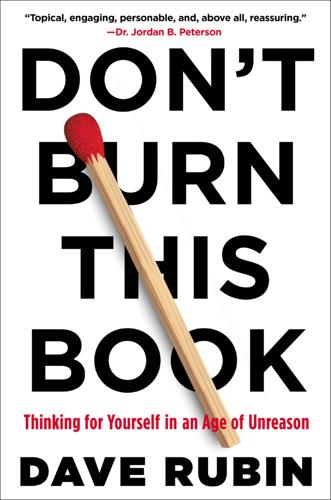
Don't Burn This Book: Thinking for Yourself in an Age of Unreason
by Dave Rubin · 27 Apr 2020 · 239pp · 62,005 words

Hate Inc.: Why Today’s Media Makes Us Despise One Another
by Matt Taibbi · 7 Oct 2019 · 357pp · 99,456 words
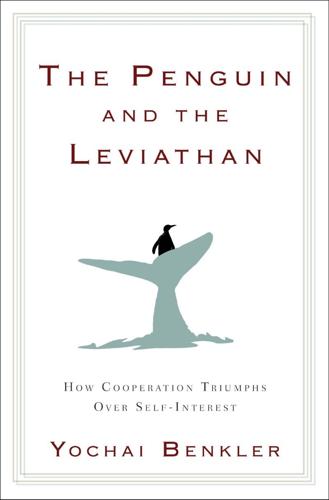
The Penguin and the Leviathan: How Cooperation Triumphs Over Self-Interest
by Yochai Benkler · 8 Aug 2011 · 187pp · 62,861 words
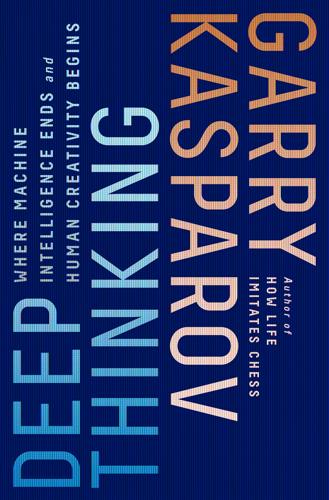
Deep Thinking: Where Machine Intelligence Ends and Human Creativity Begins
by Garry Kasparov · 1 May 2017 · 331pp · 104,366 words
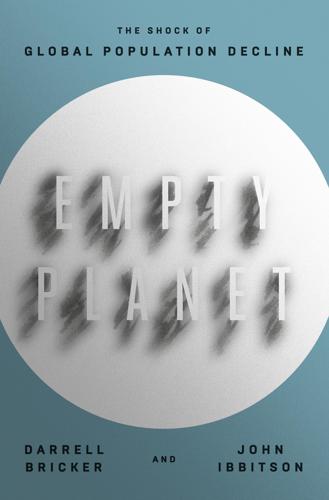
Empty Planet: The Shock of Global Population Decline
by Darrell Bricker and John Ibbitson · 5 Feb 2019 · 280pp · 83,299 words
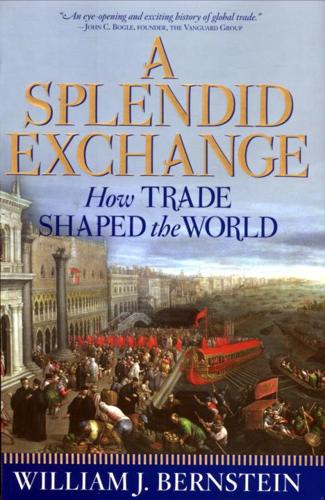
A Splendid Exchange: How Trade Shaped the World
by William J. Bernstein · 5 May 2009 · 565pp · 164,405 words
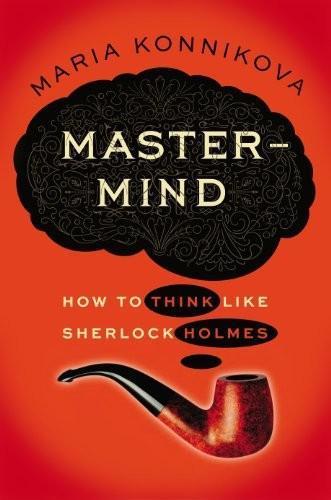
Mastermind: How to Think Like Sherlock Holmes
by Maria Konnikova · 3 Jan 2013 · 317pp · 97,824 words
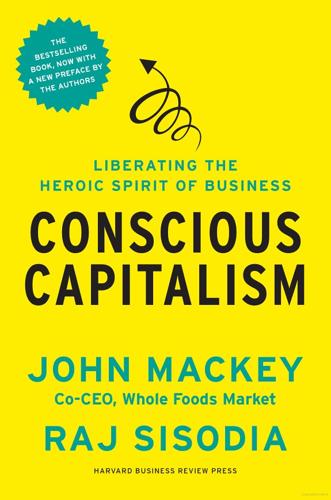
Conscious Capitalism, With a New Preface by the Authors: Liberating the Heroic Spirit of Business
by John Mackey, Rajendra Sisodia and Bill George · 7 Jan 2014 · 335pp · 104,850 words
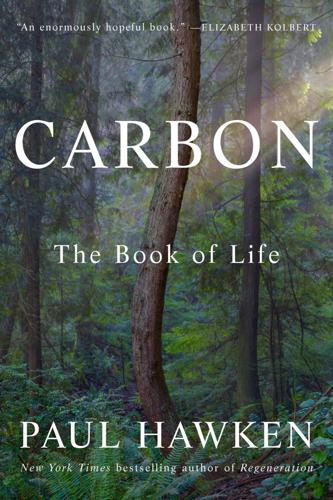
Carbon: The Book of Life
by Paul Hawken · 17 Mar 2025 · 250pp · 63,703 words
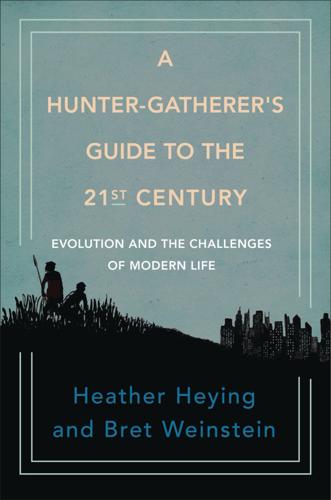
A Hunter-Gatherer's Guide to the 21st Century: Evolution and the Challenges of Modern Life
by Heather Heying and Bret Weinstein · 14 Sep 2021 · 384pp · 105,110 words

Stubborn Attachments: A Vision for a Society of Free, Prosperous, and Responsible Individuals
by Tyler Cowen · 15 Oct 2018 · 140pp · 42,194 words
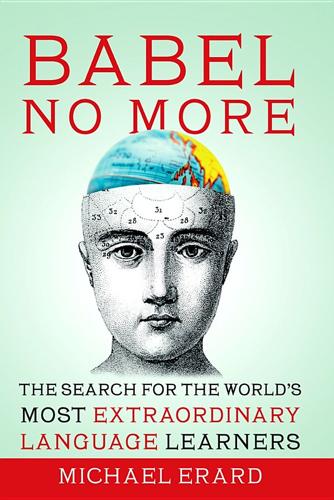
Babel No More: The Search for the World's Most Extraordinary Language Learners
by Michael Erard · 10 Jan 2012 · 392pp · 104,760 words
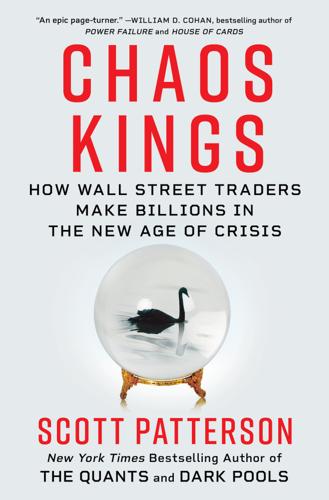
Chaos Kings: How Wall Street Traders Make Billions in the New Age of Crisis
by Scott Patterson · 5 Jun 2023 · 289pp · 95,046 words
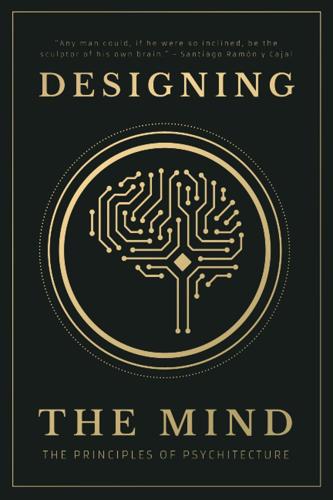
Designing the Mind: The Principles of Psychitecture
by Designing The Mind and Ryan A Bush · 10 Jan 2021
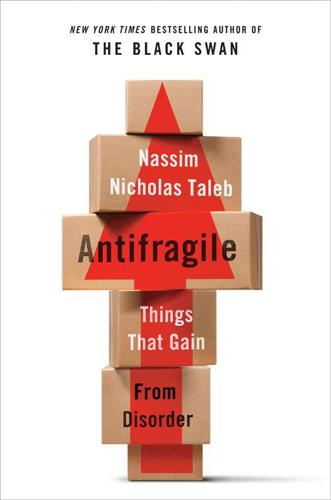
Antifragile: Things That Gain From Disorder
by Nassim Nicholas Taleb · 27 Nov 2012 · 651pp · 180,162 words
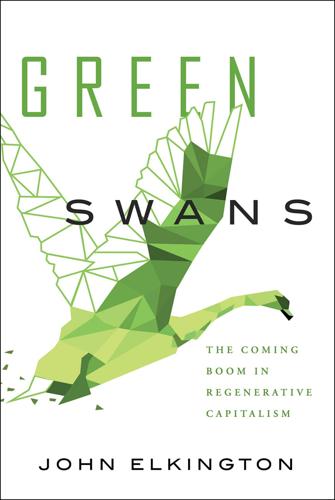
Green Swans: The Coming Boom in Regenerative Capitalism
by John Elkington · 6 Apr 2020 · 384pp · 93,754 words
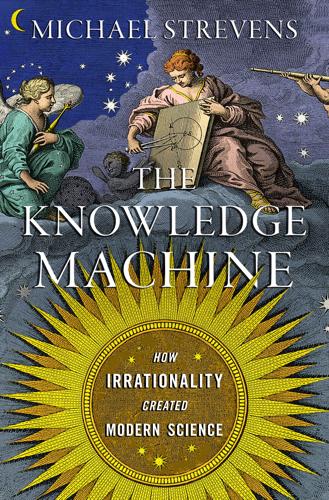
The Knowledge Machine: How Irrationality Created Modern Science
by Michael Strevens · 12 Oct 2020
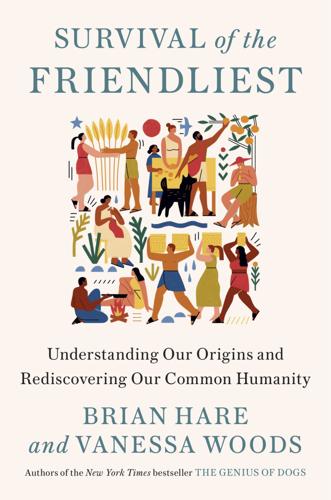
Survival of the Friendliest: Understanding Our Origins and Rediscovering Our Common Humanity
by Brian Hare and Vanessa Woods · 13 Jul 2020
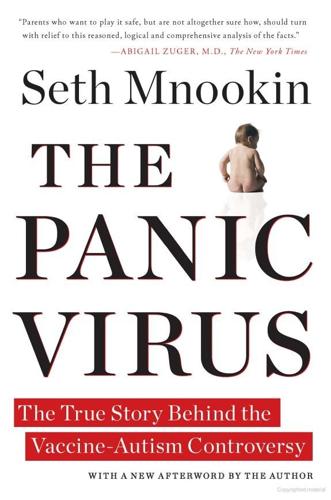
The Panic Virus: The True Story Behind the Vaccine-Autism Controversy
by Seth Mnookin · 3 Jan 2012 · 566pp · 153,259 words
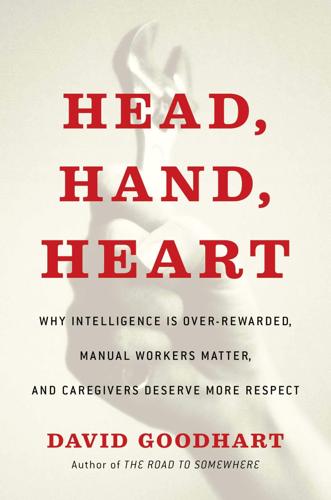
Head, Hand, Heart: Why Intelligence Is Over-Rewarded, Manual Workers Matter, and Caregivers Deserve More Respect
by David Goodhart · 7 Sep 2020 · 463pp · 115,103 words
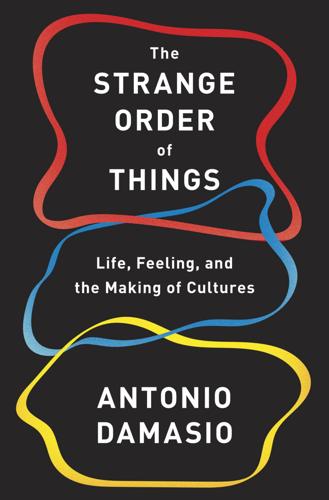
The Strange Order of Things: The Biological Roots of Culture
by Antonio Damasio · 6 Feb 2018 · 289pp · 87,292 words
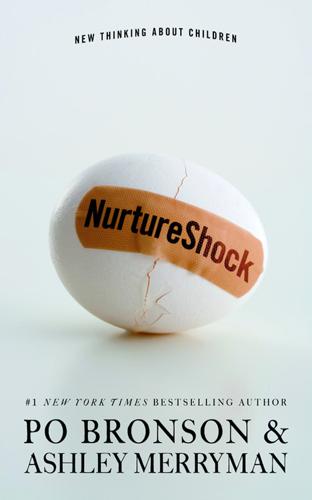
NurtureShock: New Thinking About Children
by Po Bronson and Ashley Merryman · 2 Sep 2008 · 358pp · 95,115 words
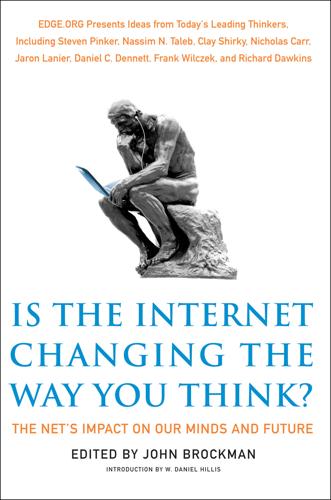
Is the Internet Changing the Way You Think?: The Net's Impact on Our Minds and Future
by John Brockman · 18 Jan 2011 · 379pp · 109,612 words
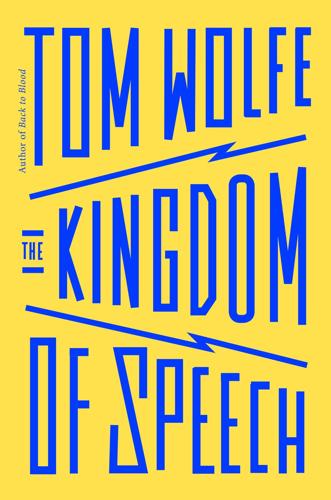
The Kingdom of Speech
by Tom Wolfe · 30 Aug 2016
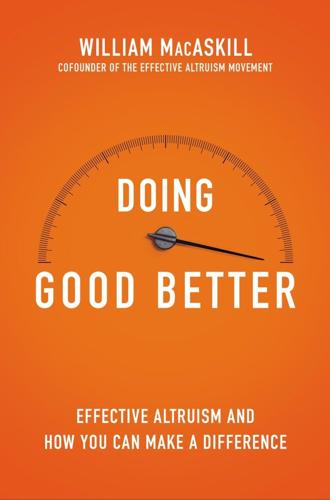
Doing Good Better: How Effective Altruism Can Help You Make a Difference
by William MacAskill · 27 Jul 2015 · 293pp · 81,183 words
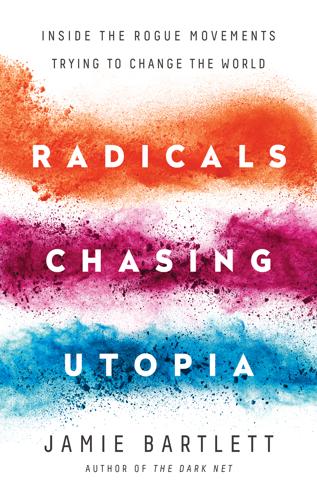
Radicals Chasing Utopia: Inside the Rogue Movements Trying to Change the World
by Jamie Bartlett · 12 Jun 2017 · 390pp · 109,870 words
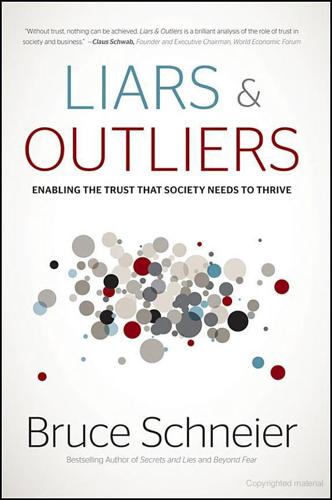
Liars and Outliers: How Security Holds Society Together
by Bruce Schneier · 14 Feb 2012 · 503pp · 131,064 words
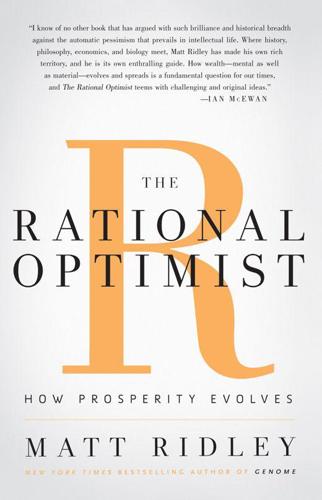
The Rational Optimist: How Prosperity Evolves
by Matt Ridley · 17 May 2010 · 462pp · 150,129 words
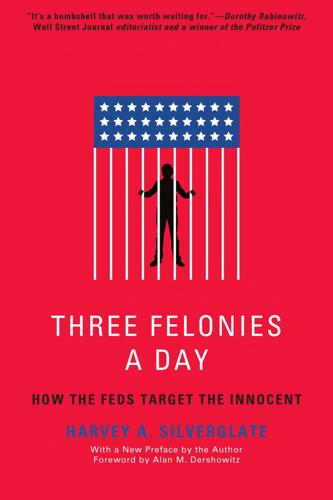
Three Felonies a Day: How the Feds Target the Innocent
by Harvey Silverglate · 6 Jun 2011 · 389pp · 136,320 words
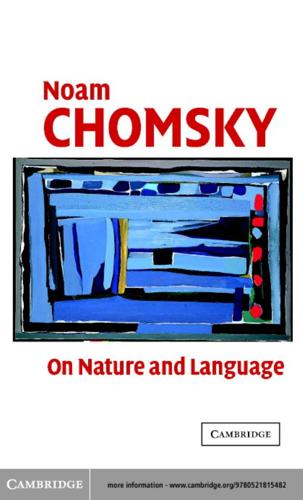
On Nature and Language
by Noam Chomsky · 16 Apr 2007
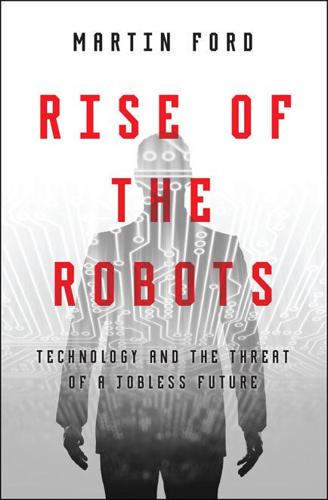
Rise of the Robots: Technology and the Threat of a Jobless Future
by Martin Ford · 4 May 2015 · 484pp · 104,873 words
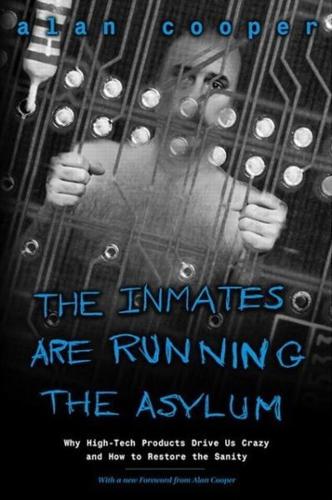
The Inmates Are Running the Asylum
by Alan Cooper · 24 Feb 2004 · 193pp · 98,671 words
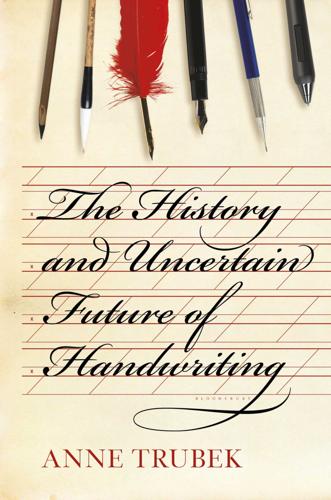
The History and Uncertain Future of Handwriting
by Anne Trubek · 5 Sep 2016

Antisemitism: Here and Now
by Deborah E. Lipstadt · 29 Jan 2019 · 276pp · 71,950 words
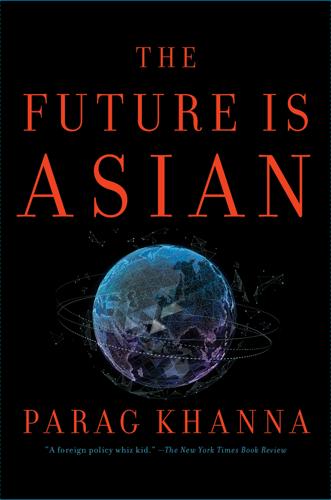
The Future Is Asian
by Parag Khanna · 5 Feb 2019 · 496pp · 131,938 words

12 Bytes: How We Got Here. Where We Might Go Next
by Jeanette Winterson · 15 Mar 2021 · 256pp · 73,068 words
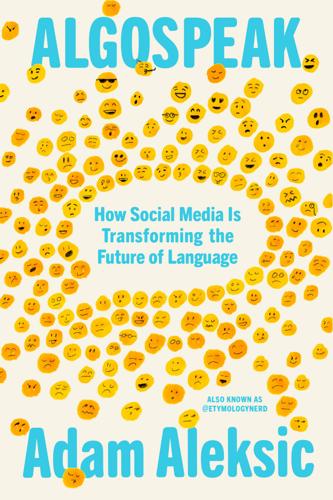
Algospeak: How Social Media Is Transforming the Future of Language
by Adam Aleksic · 15 Jul 2025 · 278pp · 71,701 words
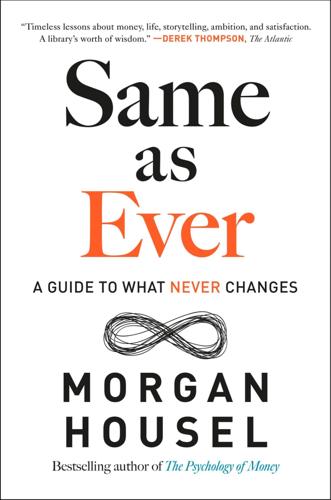
Same as Ever: A Guide to What Never Changes
by Morgan Housel · 7 Nov 2023 · 210pp · 53,743 words

Limitarianism: The Case Against Extreme Wealth
by Ingrid Robeyns · 16 Jan 2024 · 327pp · 110,234 words

The Norm Chronicles
by Michael Blastland · 14 Oct 2013
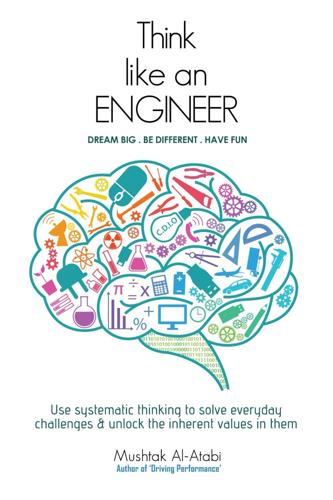
Think Like an Engineer: Use Systematic Thinking to Solve Everyday Challenges & Unlock the Inherent Values in Them
by Mushtak Al-Atabi · 26 Aug 2014 · 204pp · 66,619 words

Apollo's Arrow: The Profound and Enduring Impact of Coronavirus on the Way We Live
by Nicholas A. Christakis · 27 Oct 2020 · 475pp · 127,389 words
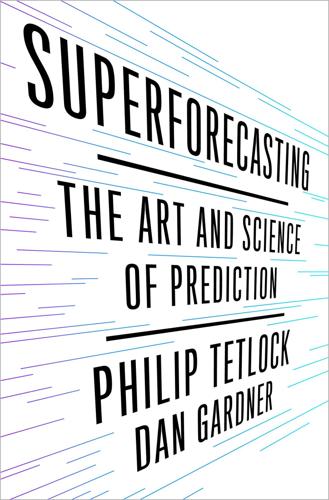
Superforecasting: The Art and Science of Prediction
by Philip Tetlock and Dan Gardner · 14 Sep 2015 · 317pp · 100,414 words

The Road to Conscious Machines
by Michael Wooldridge · 2 Nov 2018 · 346pp · 97,890 words
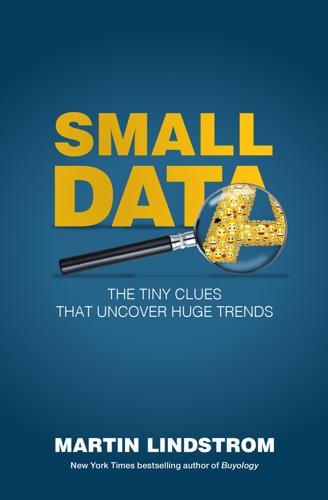
Small Data: The Tiny Clues That Uncover Huge Trends
by Martin Lindstrom · 23 Feb 2016 · 295pp · 89,430 words
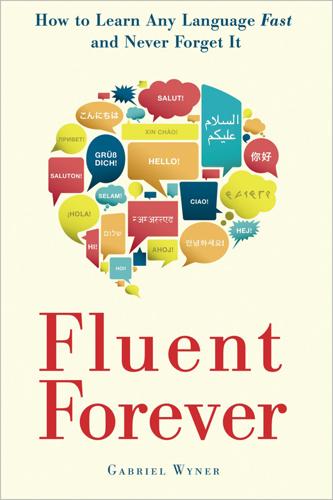
Fluent Forever: How to Learn Any Language Fast and Never Forget It
by Gabriel Wyner · 4 Aug 2014 · 366pp · 87,916 words
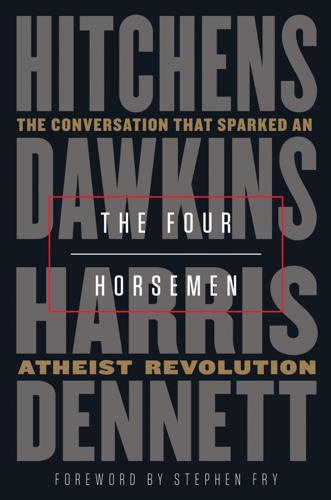
The Four Horsemen
by Christopher Hitchens, Richard Dawkins, Sam Harris and Daniel Dennett · 19 Mar 2019 · 114pp · 30,715 words
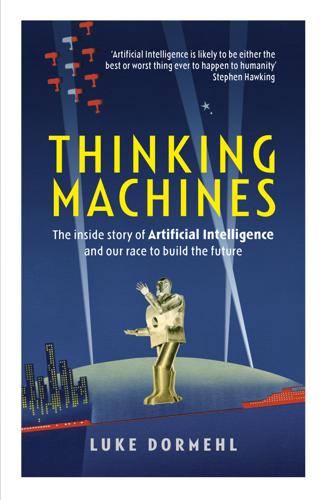
Thinking Machines: The Inside Story of Artificial Intelligence and Our Race to Build the Future
by Luke Dormehl · 10 Aug 2016 · 252pp · 74,167 words
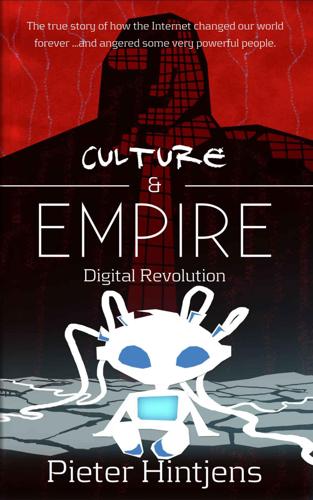
Culture & Empire: Digital Revolution
by Pieter Hintjens · 11 Mar 2013 · 349pp · 114,038 words

This Is Not Normal: The Collapse of Liberal Britain
by William Davies · 28 Sep 2020 · 210pp · 65,833 words
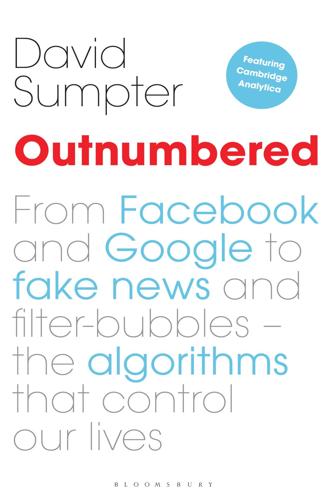
Outnumbered: From Facebook and Google to Fake News and Filter-Bubbles – the Algorithms That Control Our Lives
by David Sumpter · 18 Jun 2018 · 276pp · 81,153 words
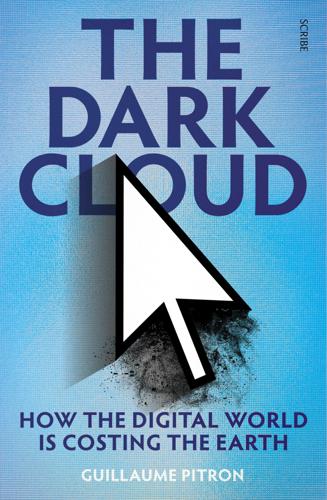
The Dark Cloud: How the Digital World Is Costing the Earth
by Guillaume Pitron · 14 Jun 2023 · 271pp · 79,355 words
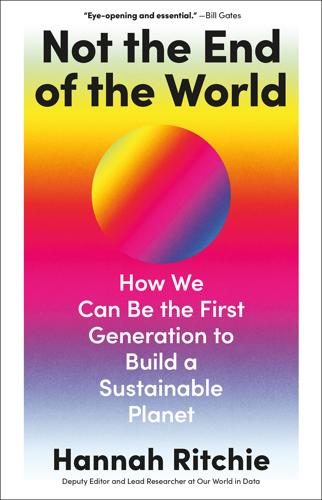
Not the End of the World
by Hannah Ritchie · 9 Jan 2024 · 335pp · 101,992 words

Nexus: A Brief History of Information Networks From the Stone Age to AI
by Yuval Noah Harari · 9 Sep 2024 · 566pp · 169,013 words
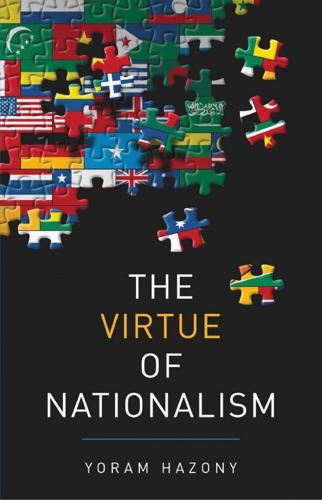
The Virtue of Nationalism
by Yoram Hazony · 3 Sep 2018 · 333pp · 86,628 words
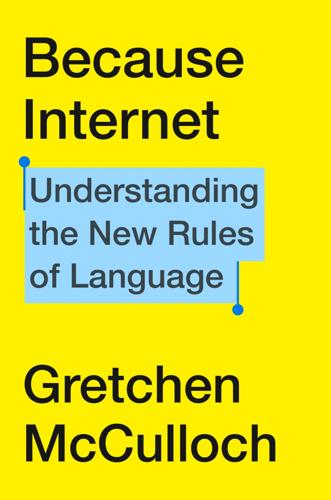
Because Internet: Understanding the New Rules of Language
by Gretchen McCulloch · 22 Jul 2019 · 413pp · 106,479 words
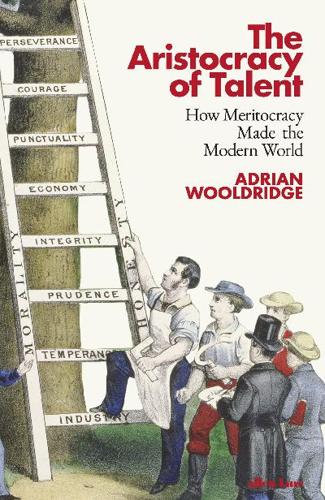
The Aristocracy of Talent: How Meritocracy Made the Modern World
by Adrian Wooldridge · 2 Jun 2021 · 693pp · 169,849 words
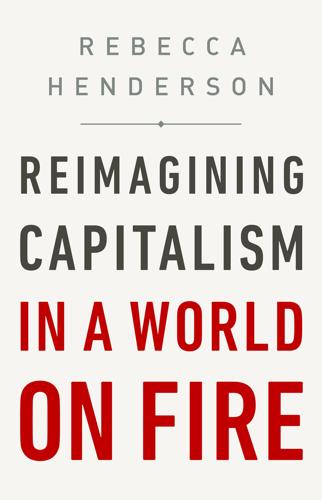
Reimagining Capitalism in a World on Fire
by Rebecca Henderson · 27 Apr 2020 · 330pp · 99,044 words
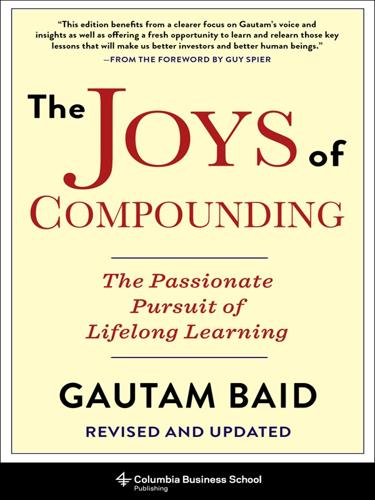
The Joys of Compounding: The Passionate Pursuit of Lifelong Learning, Revised and Updated
by Gautam Baid · 1 Jun 2020 · 1,239pp · 163,625 words
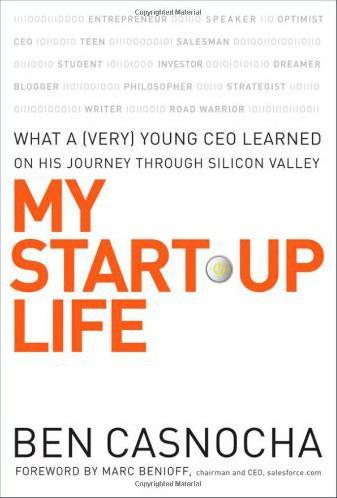
My Start-Up Life: What A
by Ben Casnocha and Marc Benioff · 7 May 2007 · 207pp · 63,071 words
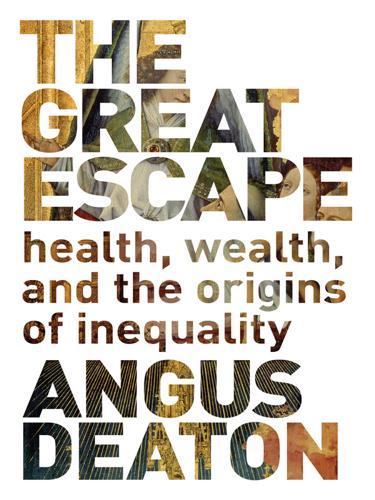
The Great Escape: Health, Wealth, and the Origins of Inequality
by Angus Deaton · 15 Mar 2013 · 374pp · 114,660 words
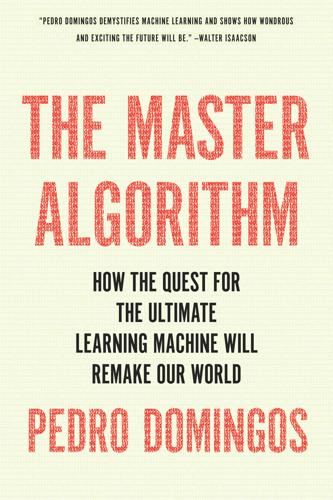
The Master Algorithm: How the Quest for the Ultimate Learning Machine Will Remake Our World
by Pedro Domingos · 21 Sep 2015 · 396pp · 117,149 words
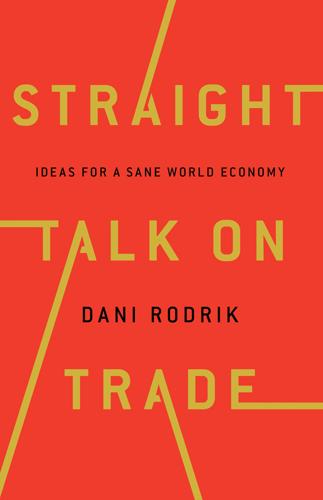
Straight Talk on Trade: Ideas for a Sane World Economy
by Dani Rodrik · 8 Oct 2017 · 322pp · 87,181 words
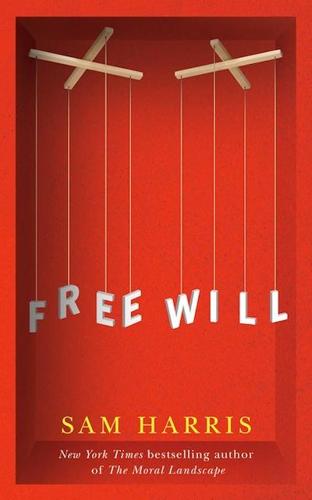
Free Will
by Sam Harris · 6 Mar 2012 · 74pp · 16,545 words
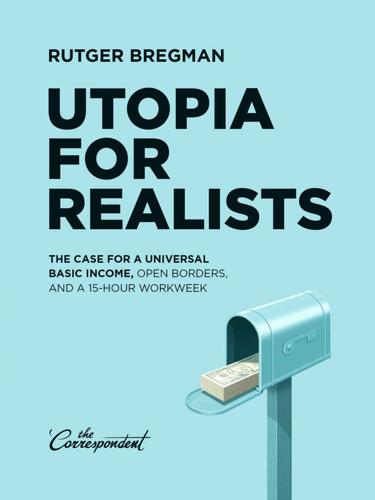
Utopia for Realists: The Case for a Universal Basic Income, Open Borders, and a 15-Hour Workweek
by Rutger Bregman · 13 Sep 2014 · 235pp · 62,862 words
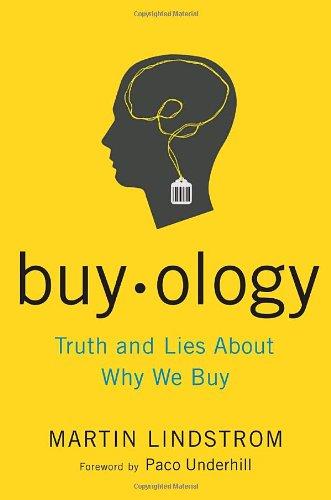
Buyology
by Martin Lindstrom · 14 Jul 2008 · 83pp · 7,274 words
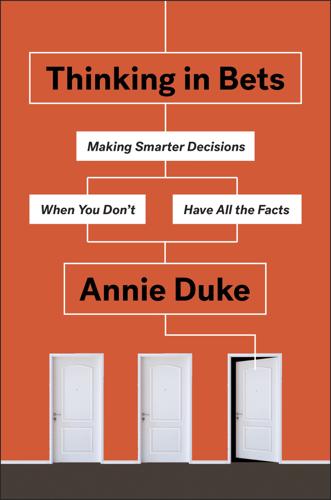
Thinking in Bets
by Annie Duke · 6 Feb 2018 · 288pp · 81,253 words
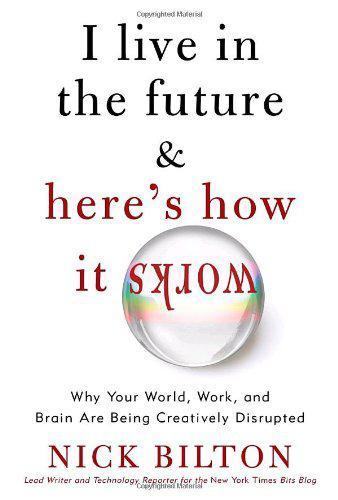
I Live in the Future & Here's How It Works: Why Your World, Work, and Brain Are Being Creatively Disrupted
by Nick Bilton · 13 Sep 2010 · 236pp · 77,098 words
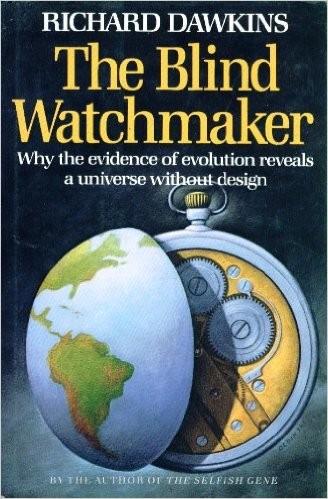
The Blind Watchmaker; Why the Evidence of Evolution Reveals a Universe Without Design
by Richard Dawkins · 1 Jan 1986 · 420pp · 143,881 words
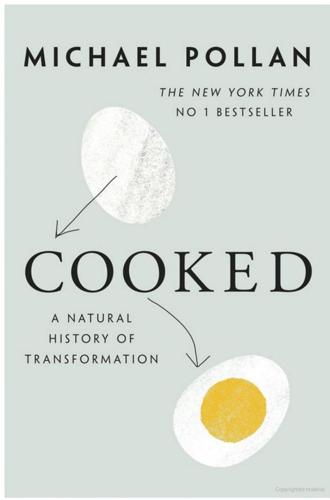
Cooked: A Natural History of Transformation
by Michael Pollan · 22 Apr 2013 · 476pp · 148,895 words
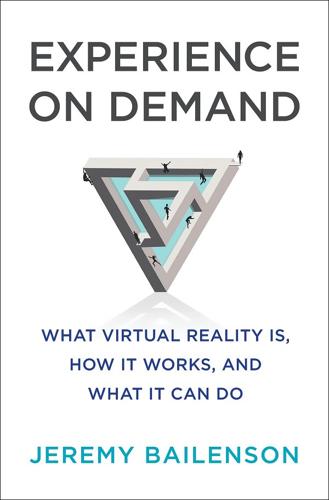
Experience on Demand: What Virtual Reality Is, How It Works, and What It Can Do
by Jeremy Bailenson · 30 Jan 2018 · 302pp · 90,215 words
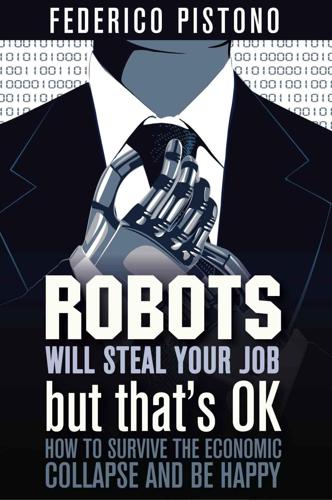
Robots Will Steal Your Job, But That's OK: How to Survive the Economic Collapse and Be Happy
by Pistono, Federico · 14 Oct 2012 · 245pp · 64,288 words

Bike Boom: The Unexpected Resurgence of Cycling
by Carlton Reid · 14 Jun 2017 · 309pp · 84,038 words

A World in Disarray: American Foreign Policy and the Crisis of the Old Order
by Richard Haass · 10 Jan 2017 · 286pp · 82,970 words
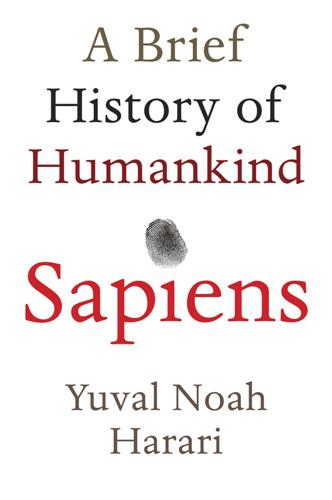
Sapiens: A Brief History of Humankind
by Yuval Noah Harari · 1 Jan 2011 · 447pp · 141,811 words
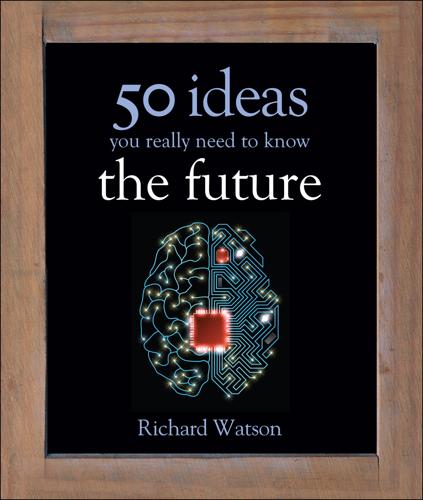
50 Future Ideas You Really Need to Know
by Richard Watson · 5 Nov 2013 · 219pp · 63,495 words
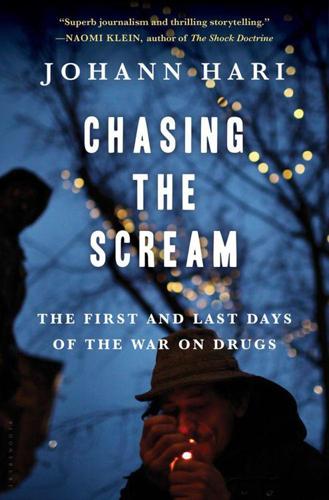
Chasing the Scream: The First and Last Days of the War on Drugs
by Johann Hari · 20 Jan 2015 · 513pp · 141,963 words
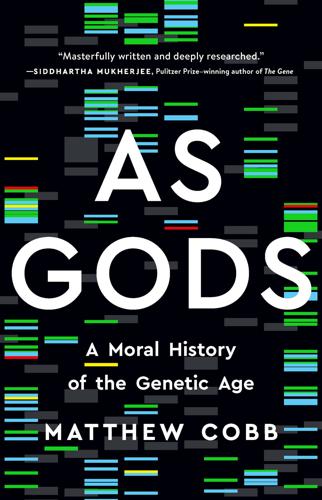
As Gods: A Moral History of the Genetic Age
by Matthew Cobb · 15 Nov 2022 · 772pp · 150,109 words

Tightrope: Americans Reaching for Hope
by Nicholas D. Kristof and Sheryl Wudunn · 14 Jan 2020 · 307pp · 96,543 words

The Road Ahead
by Bill Gates, Nathan Myhrvold and Peter Rinearson · 15 Nov 1995 · 317pp · 101,074 words

Rule Britannia: Brexit and the End of Empire
by Danny Dorling and Sally Tomlinson · 15 Jan 2019 · 502pp · 128,126 words
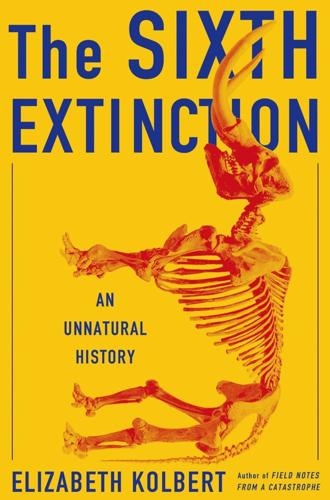
The Sixth Extinction: An Unnatural History
by Elizabeth Kolbert · 11 Feb 2014 · 308pp · 94,447 words
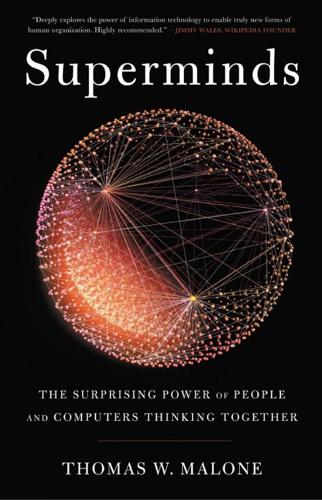
Superminds: The Surprising Power of People and Computers Thinking Together
by Thomas W. Malone · 14 May 2018 · 344pp · 104,077 words
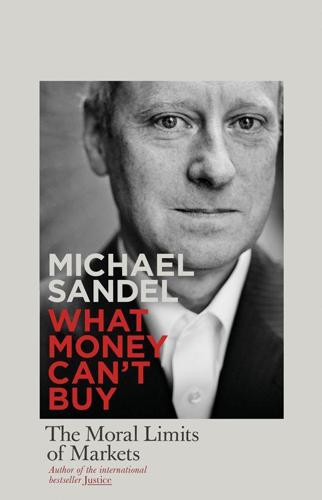
What Money Can't Buy: The Moral Limits of Markets
by Michael Sandel · 26 Apr 2012 · 231pp · 70,274 words
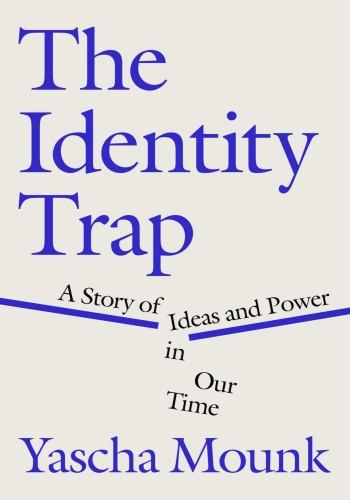
The Identity Trap: A Story of Ideas and Power in Our Time
by Yascha Mounk · 26 Sep 2023

Strategy Strikes Back: How Star Wars Explains Modern Military Conflict
by Max Brooks, John Amble, M. L. Cavanaugh and Jaym Gates · 14 May 2018 · 278pp · 84,002 words
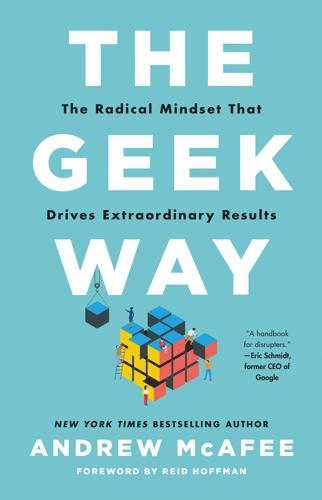
The Geek Way: The Radical Mindset That Drives Extraordinary Results
by Andrew McAfee · 14 Nov 2023 · 381pp · 113,173 words
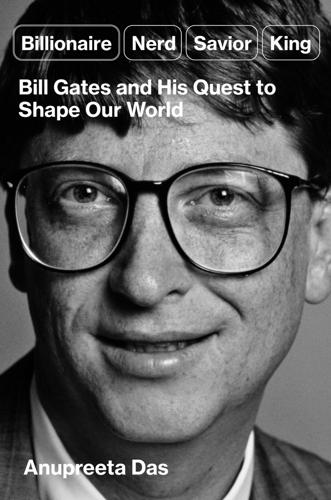
Billionaire, Nerd, Savior, King: Bill Gates and His Quest to Shape Our World
by Anupreeta Das · 12 Aug 2024 · 315pp · 115,894 words
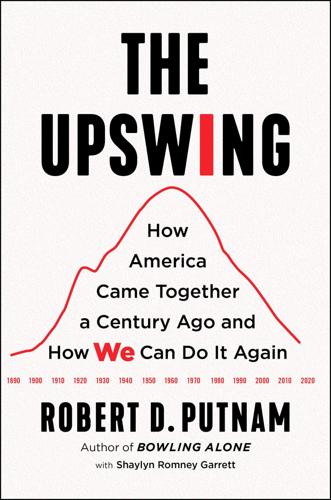
The Upswing: How America Came Together a Century Ago and How We Can Do It Again
by Robert D. Putnam · 12 Oct 2020 · 678pp · 160,676 words
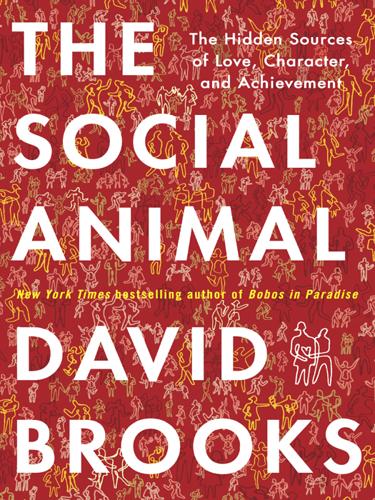
The Social Animal: The Hidden Sources of Love, Character, and Achievement
by David Brooks · 8 Mar 2011 · 487pp · 151,810 words
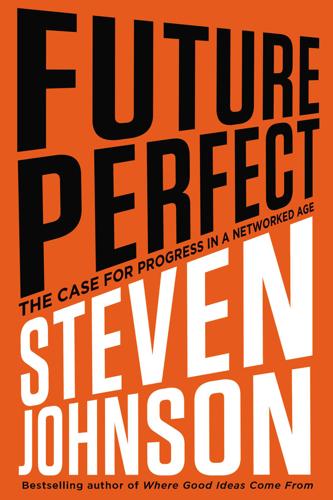
Future Perfect: The Case for Progress in a Networked Age
by Steven Johnson · 14 Jul 2012 · 184pp · 53,625 words

Ground Control: Fear and Happiness in the Twenty First Century City
by Anna Minton · 24 Jun 2009 · 309pp · 96,434 words
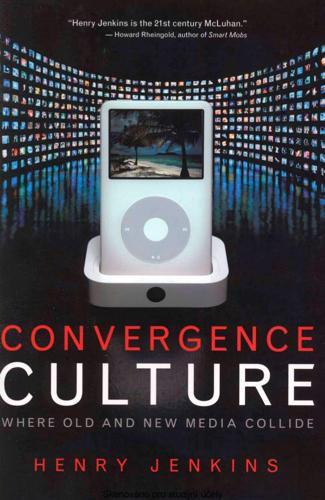
Convergence Culture: Where Old and New Media Collide
by Henry Jenkins · 31 Jul 2006
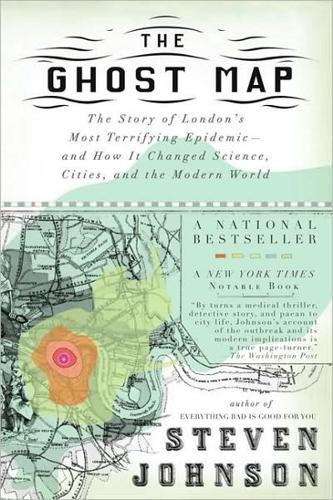
The Ghost Map: A Street, an Epidemic and the Hidden Power of Urban Networks.
by Steven Johnson · 18 Oct 2006 · 304pp · 88,773 words
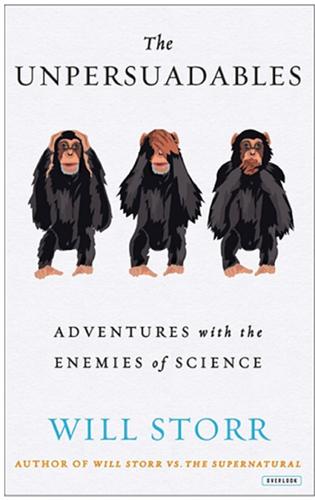
The Unpersuadables: Adventures With the Enemies of Science
by Will Storr · 1 Jan 2013 · 476pp · 134,735 words
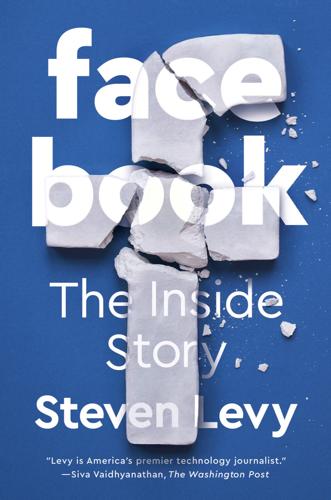
Facebook: The Inside Story
by Steven Levy · 25 Feb 2020 · 706pp · 202,591 words
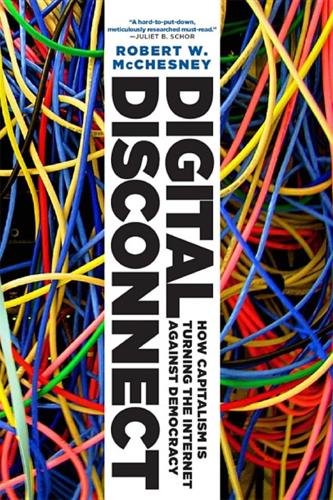
Digital Disconnect: How Capitalism Is Turning the Internet Against Democracy
by Robert W. McChesney · 5 Mar 2013 · 476pp · 125,219 words

Engineering Security
by Peter Gutmann
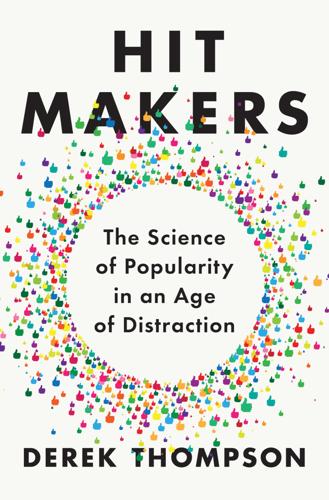
Hit Makers: The Science of Popularity in an Age of Distraction
by Derek Thompson · 7 Feb 2017 · 416pp · 108,370 words
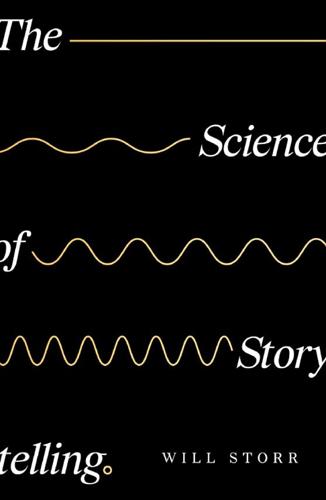
The Science of Storytelling: Why Stories Make Us Human, and How to Tell Them Better
by Will Storr · 3 Apr 2019 · 234pp · 68,798 words
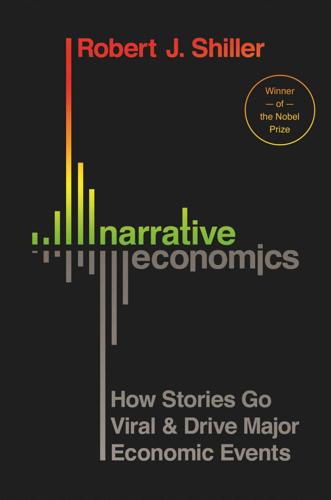
Narrative Economics: How Stories Go Viral and Drive Major Economic Events
by Robert J. Shiller · 14 Oct 2019 · 611pp · 130,419 words